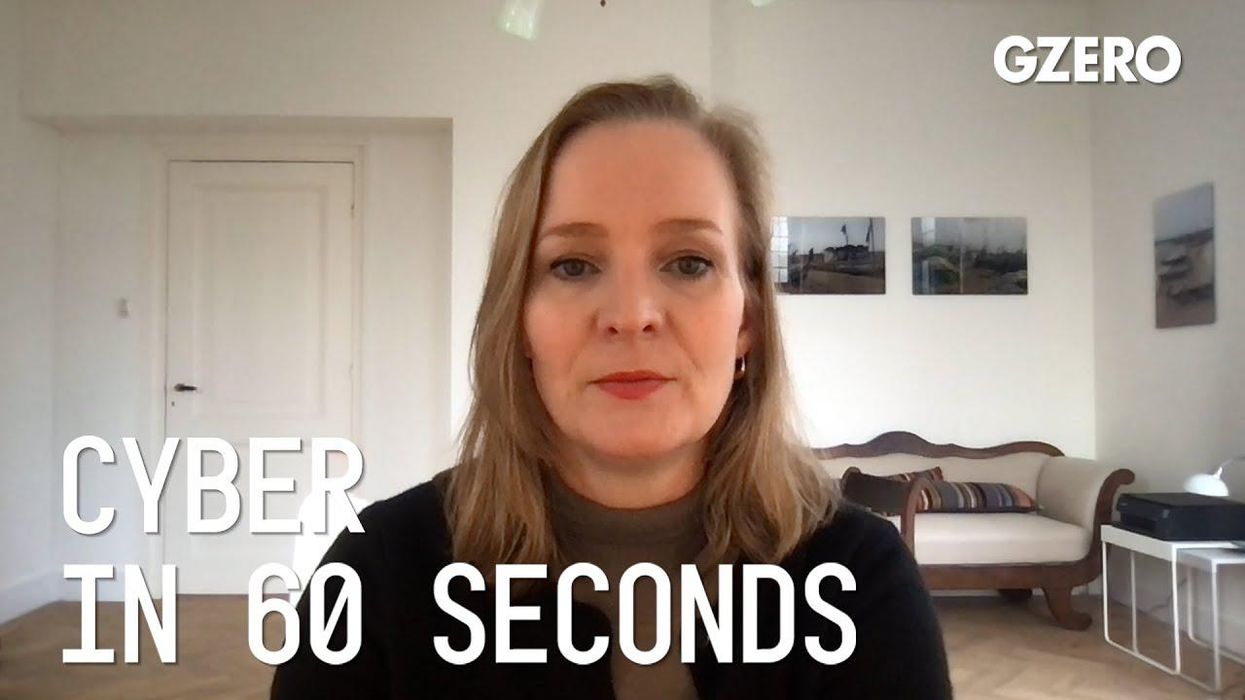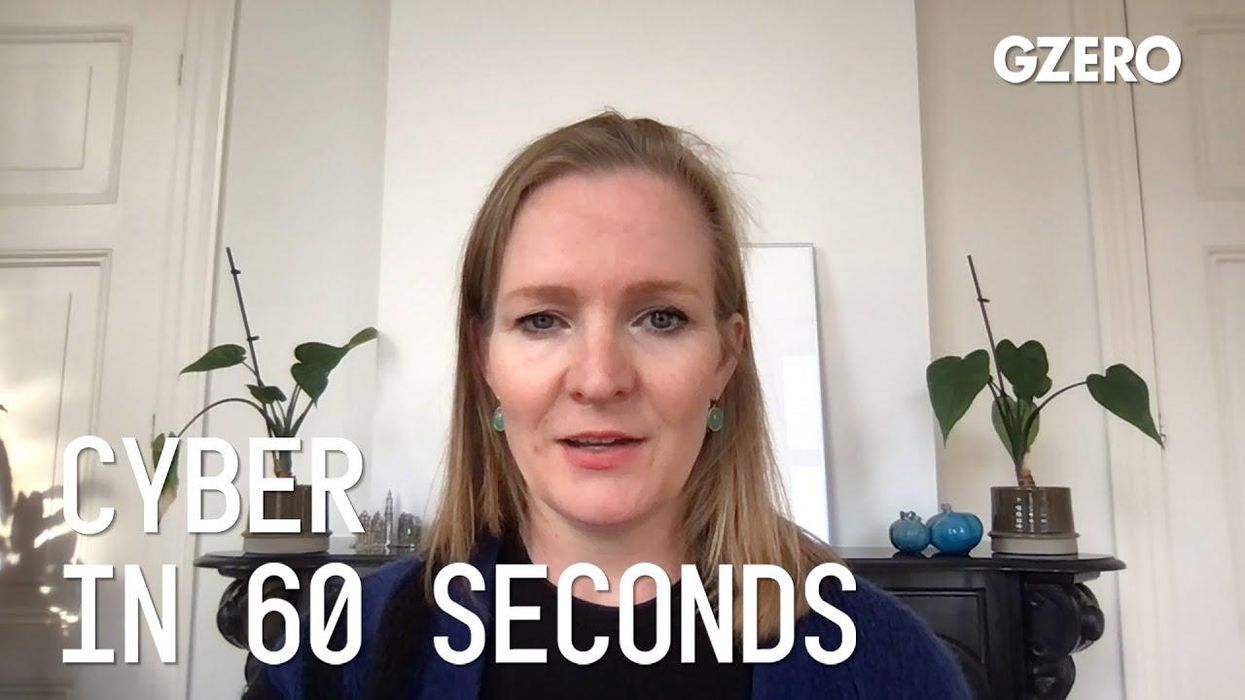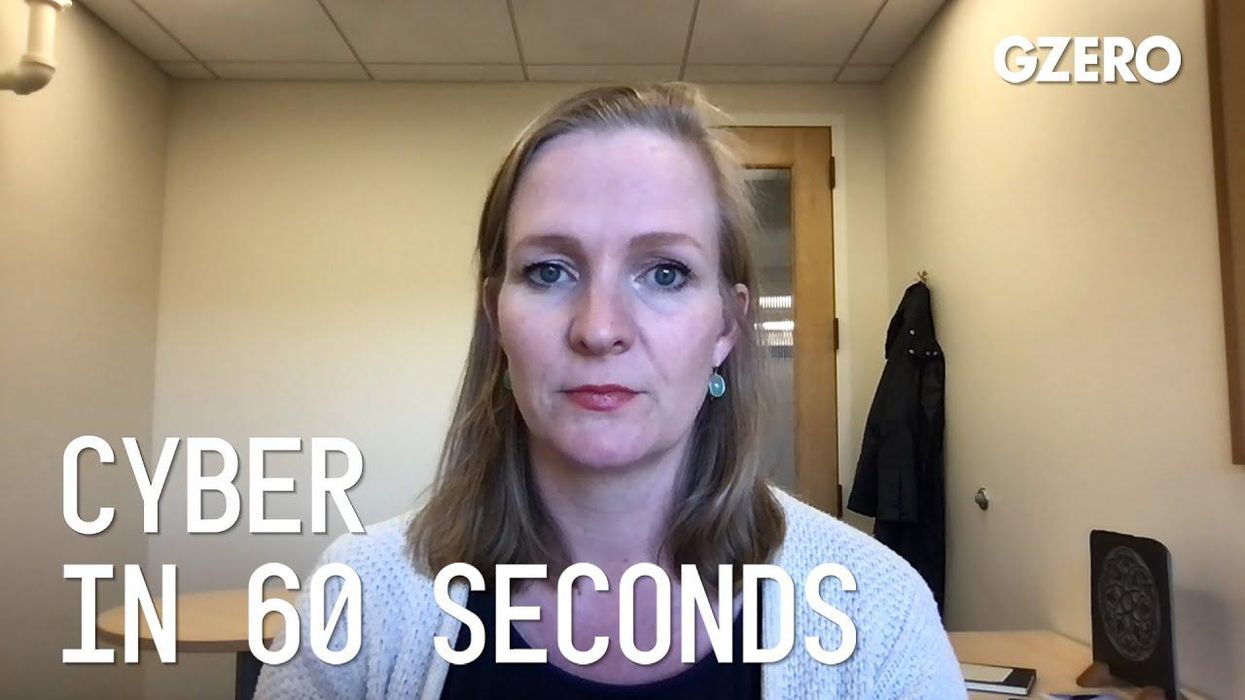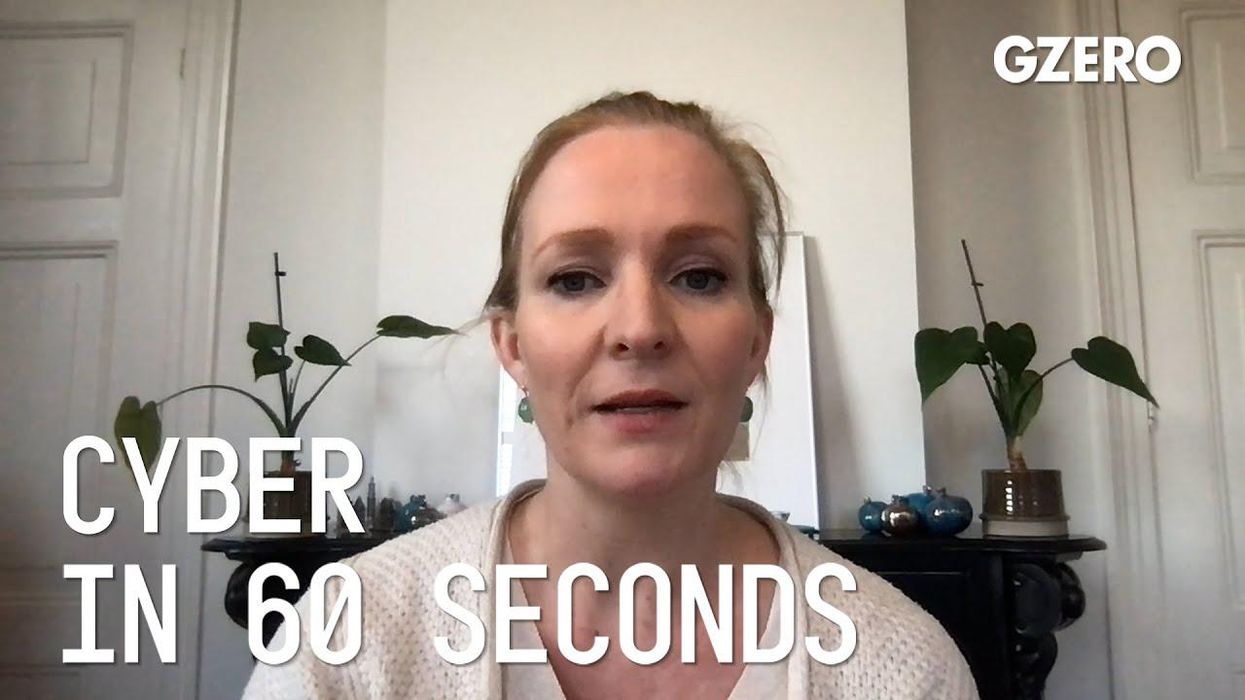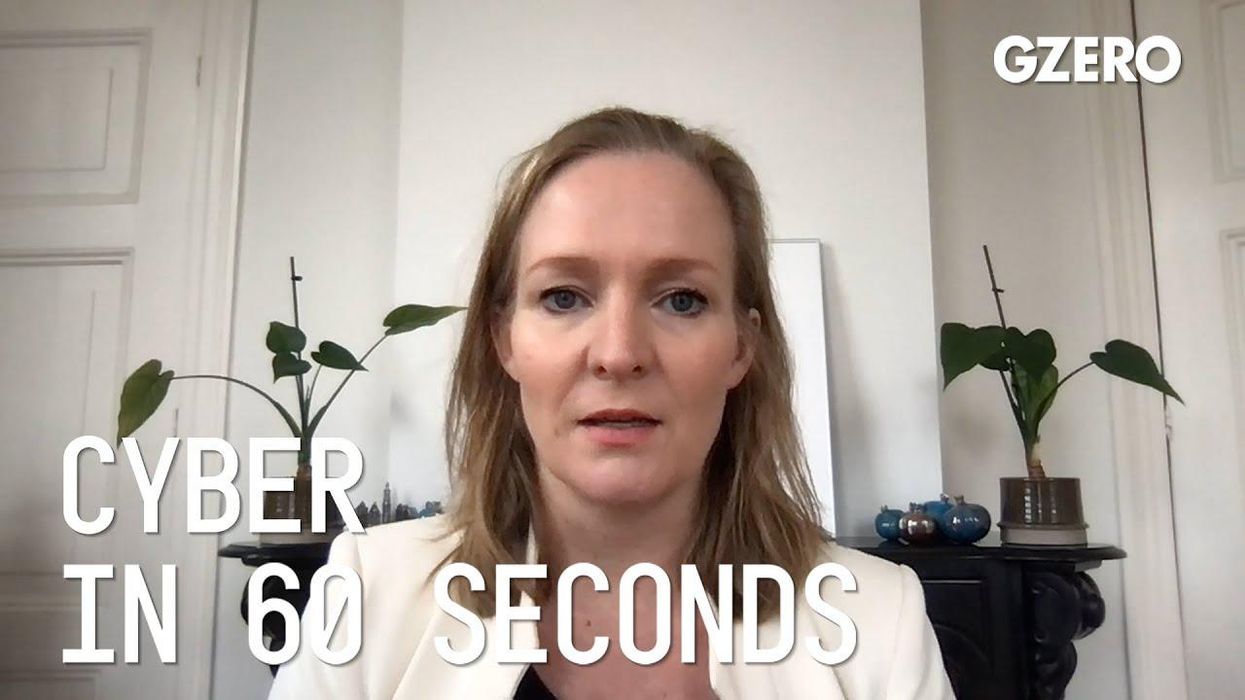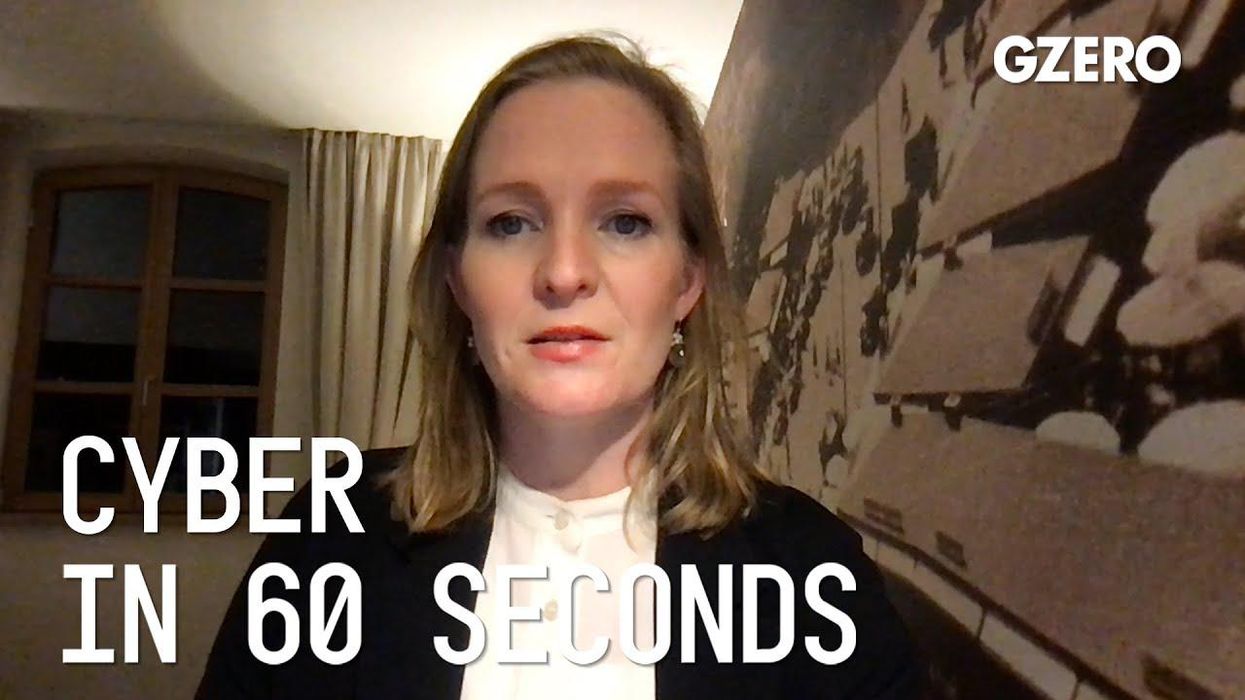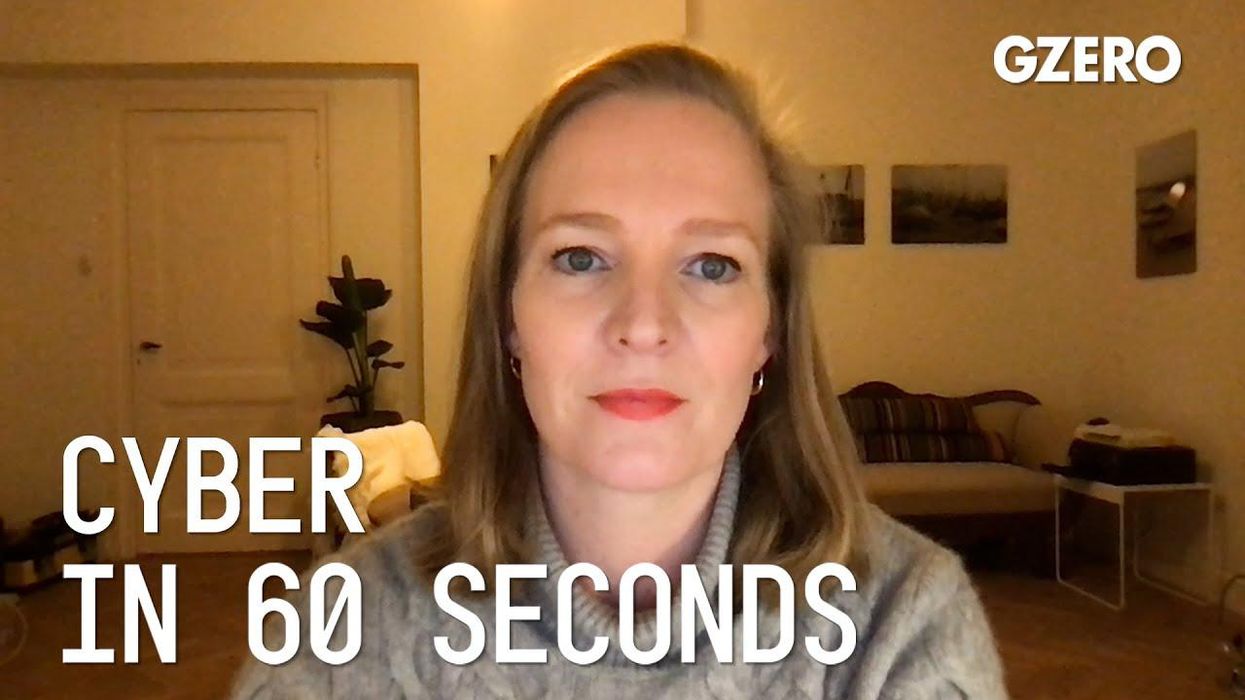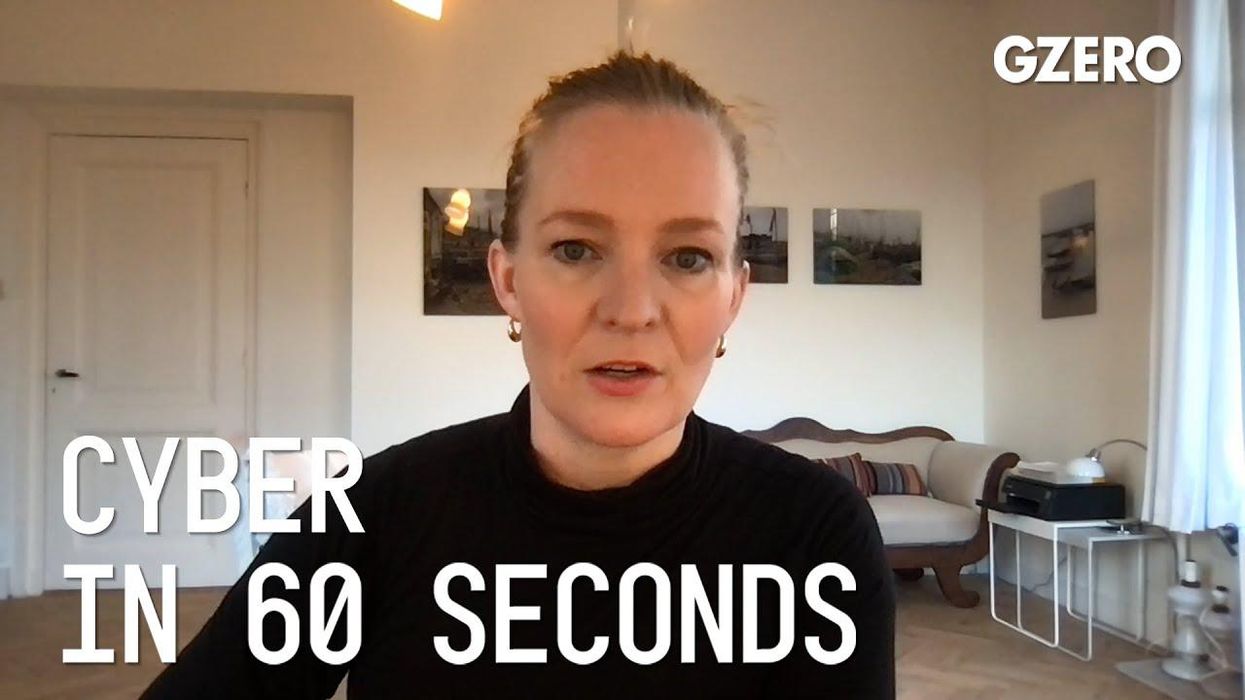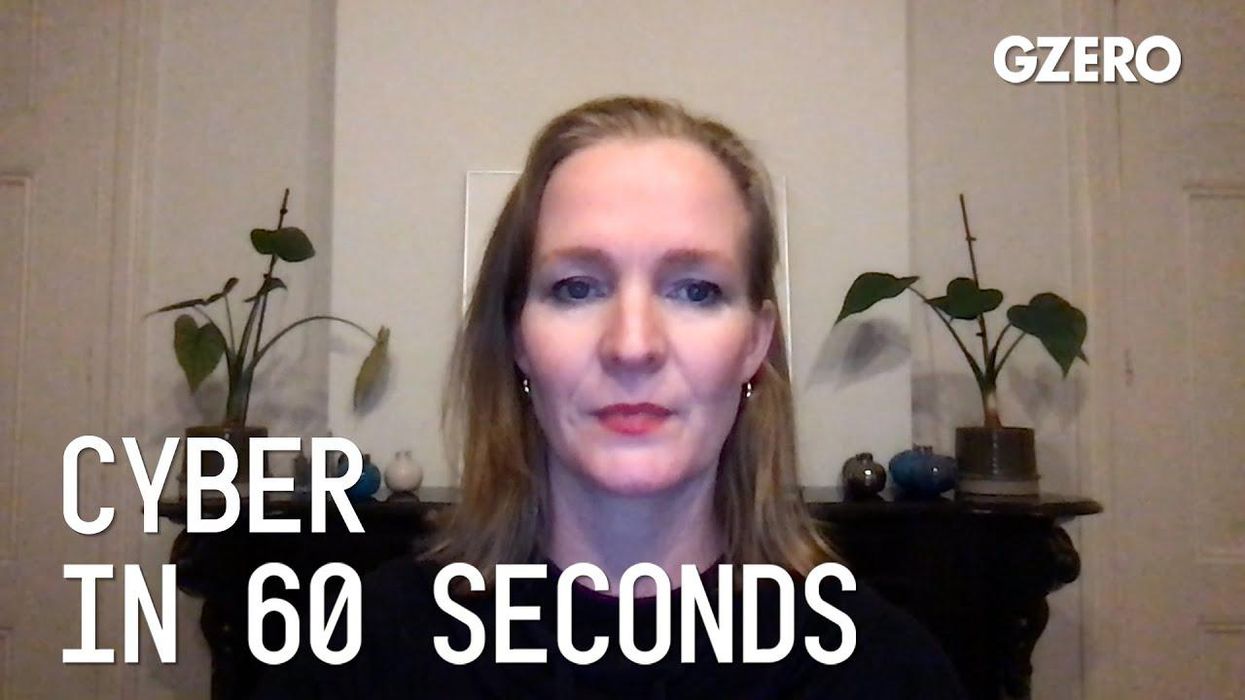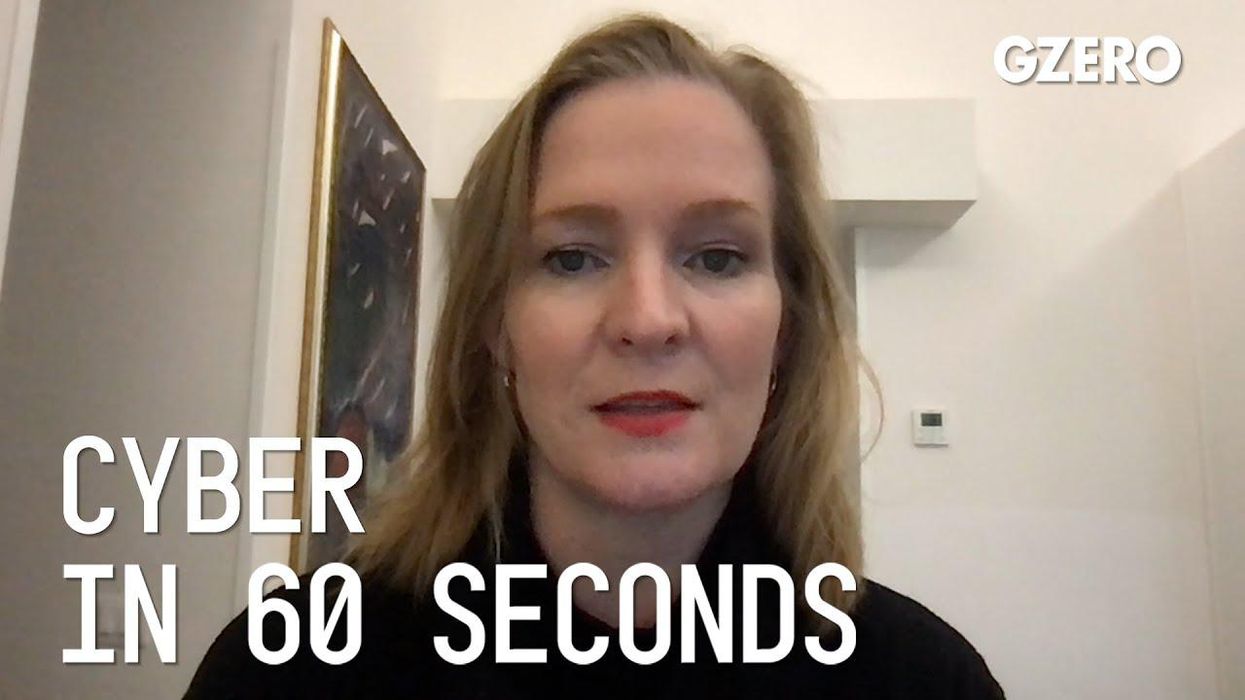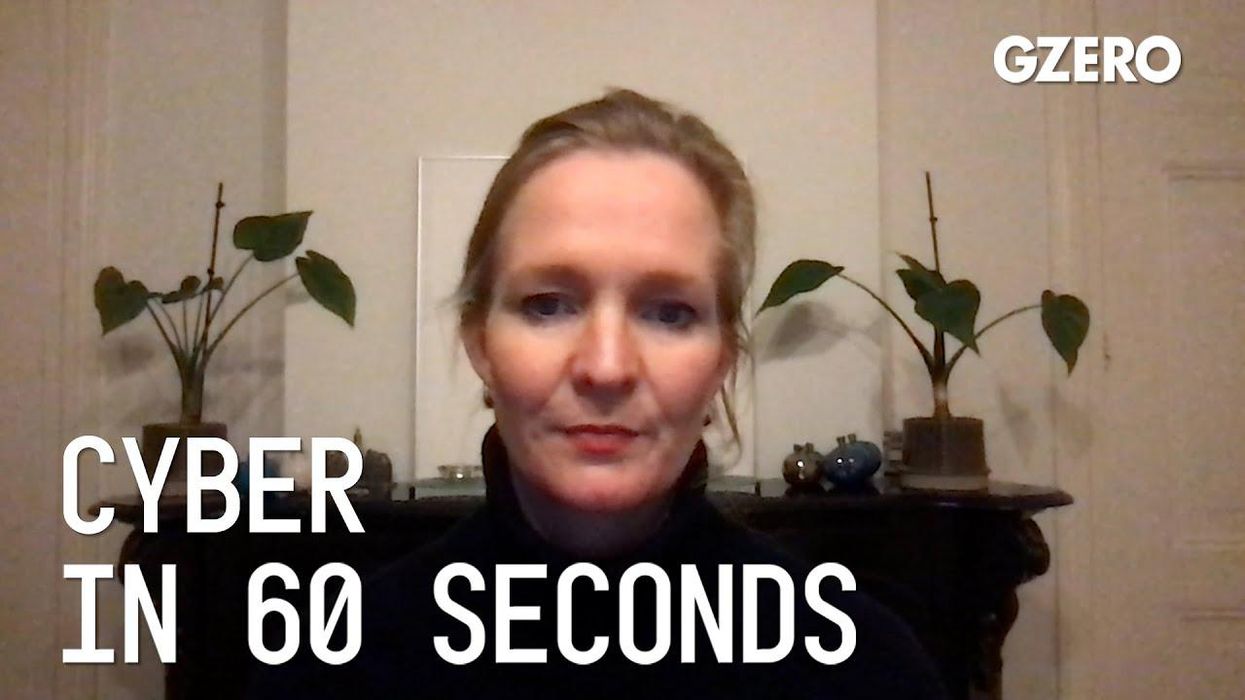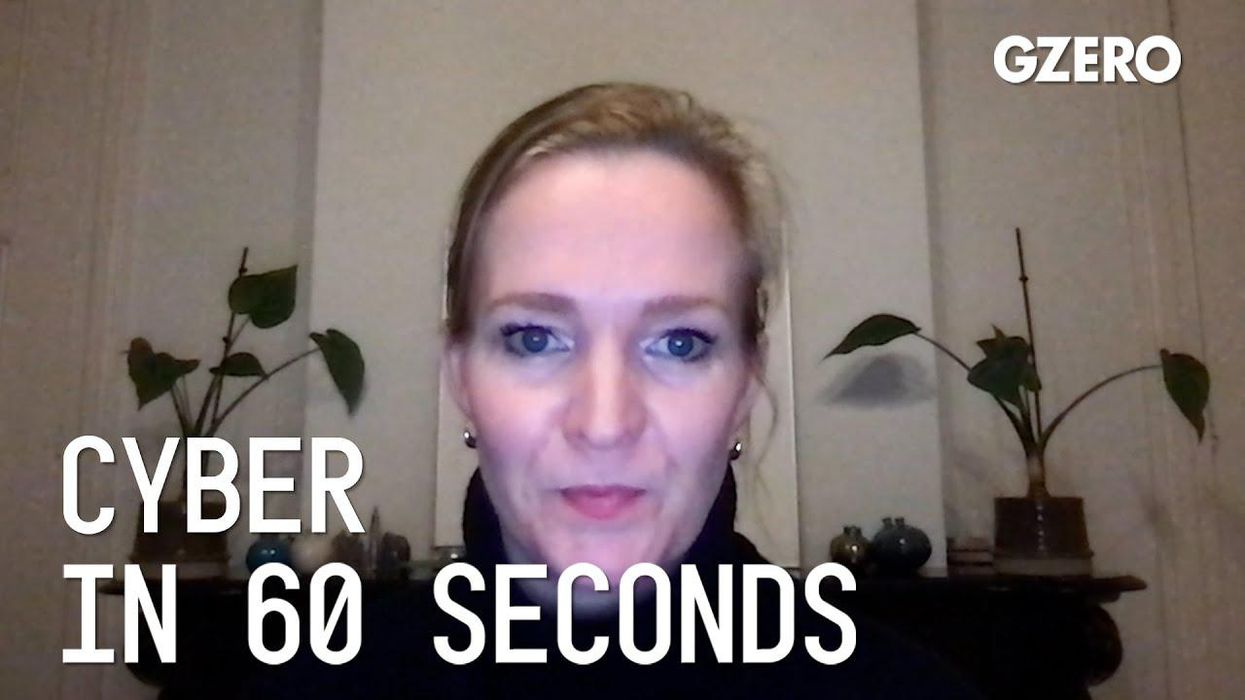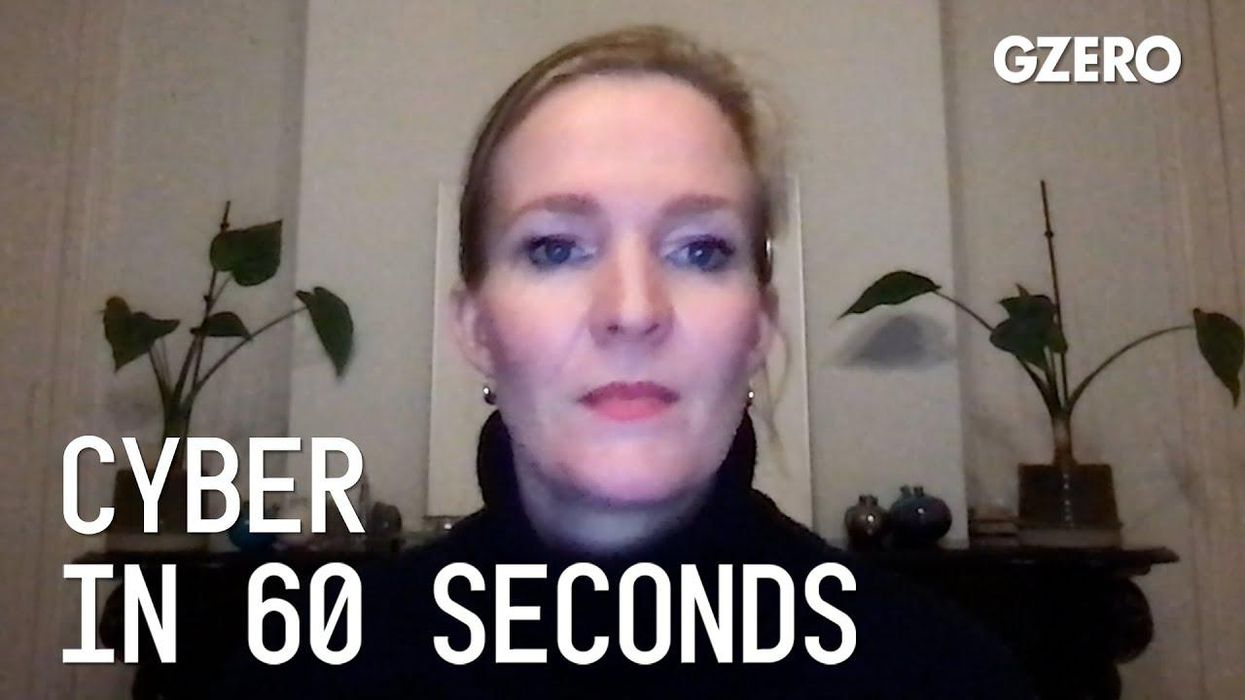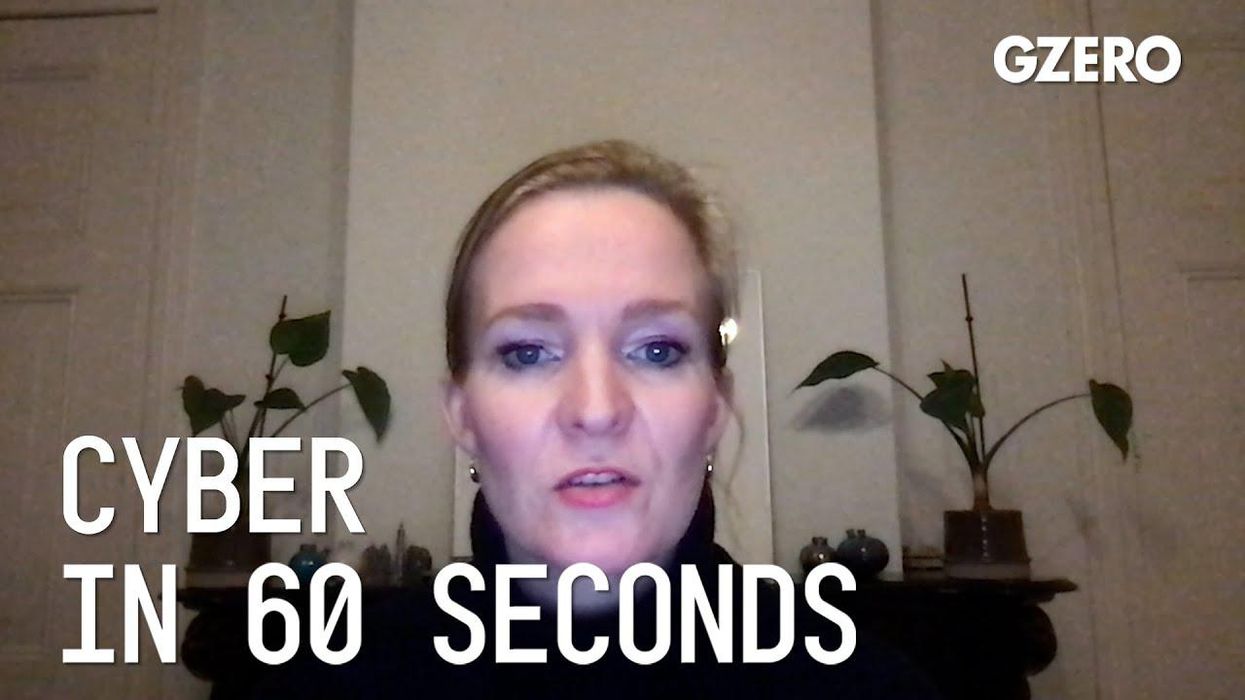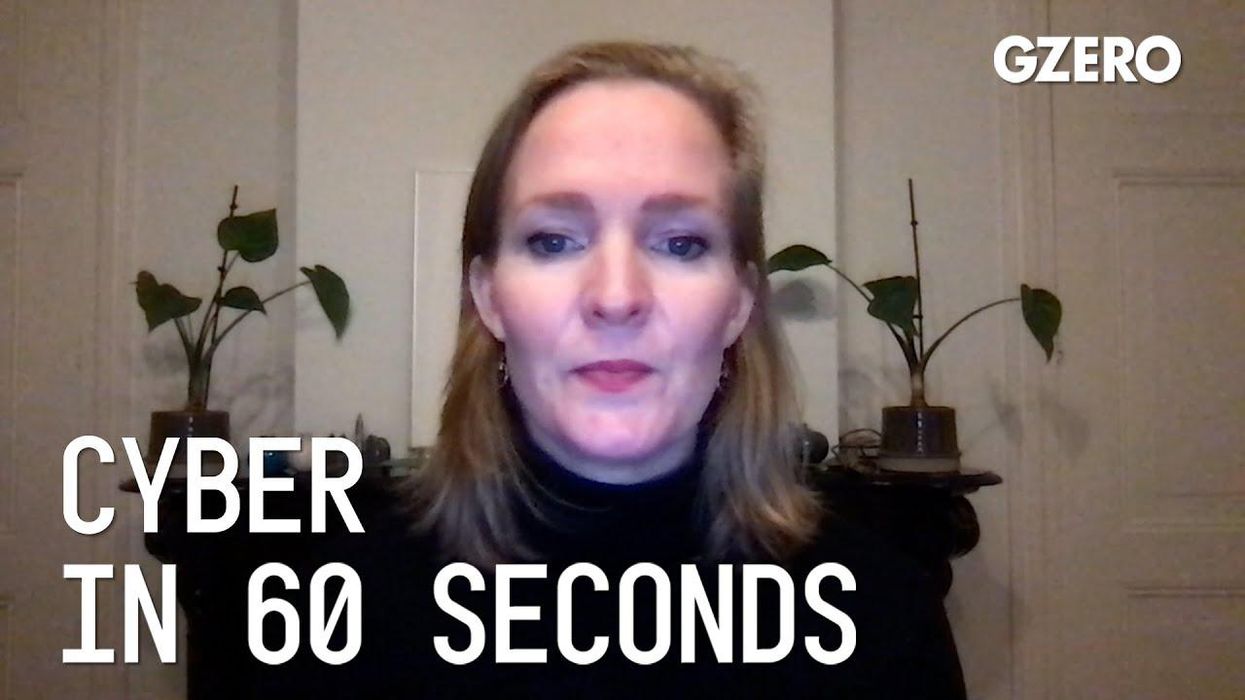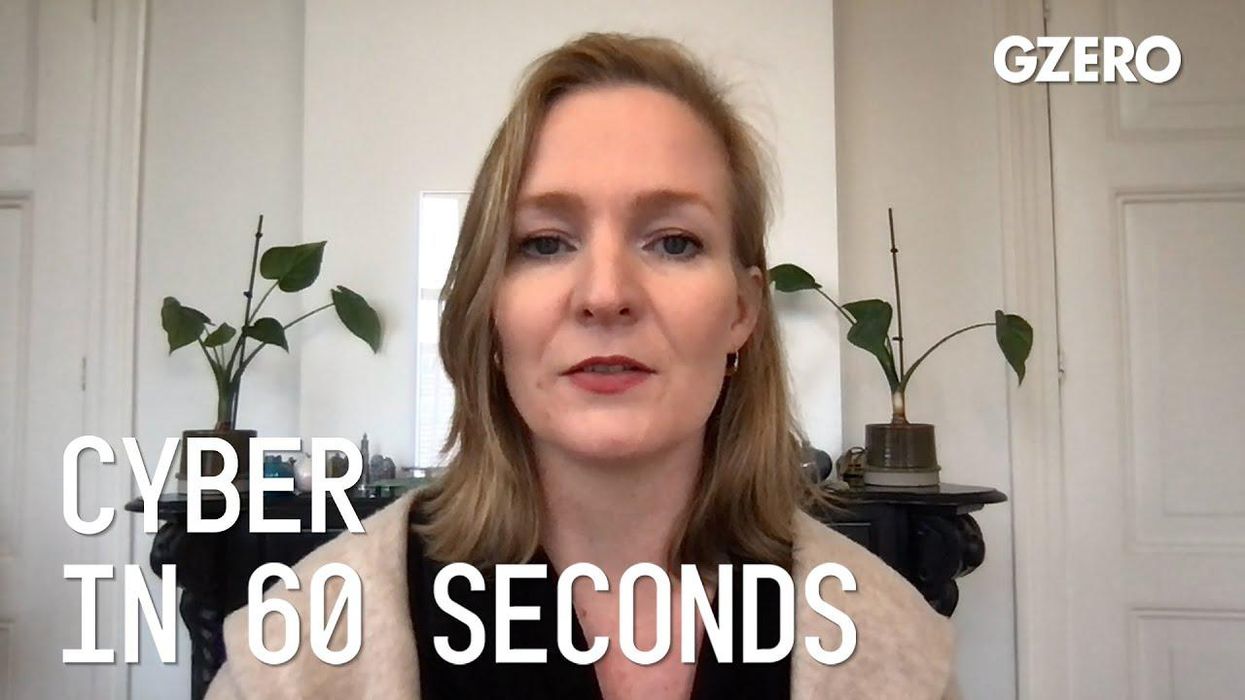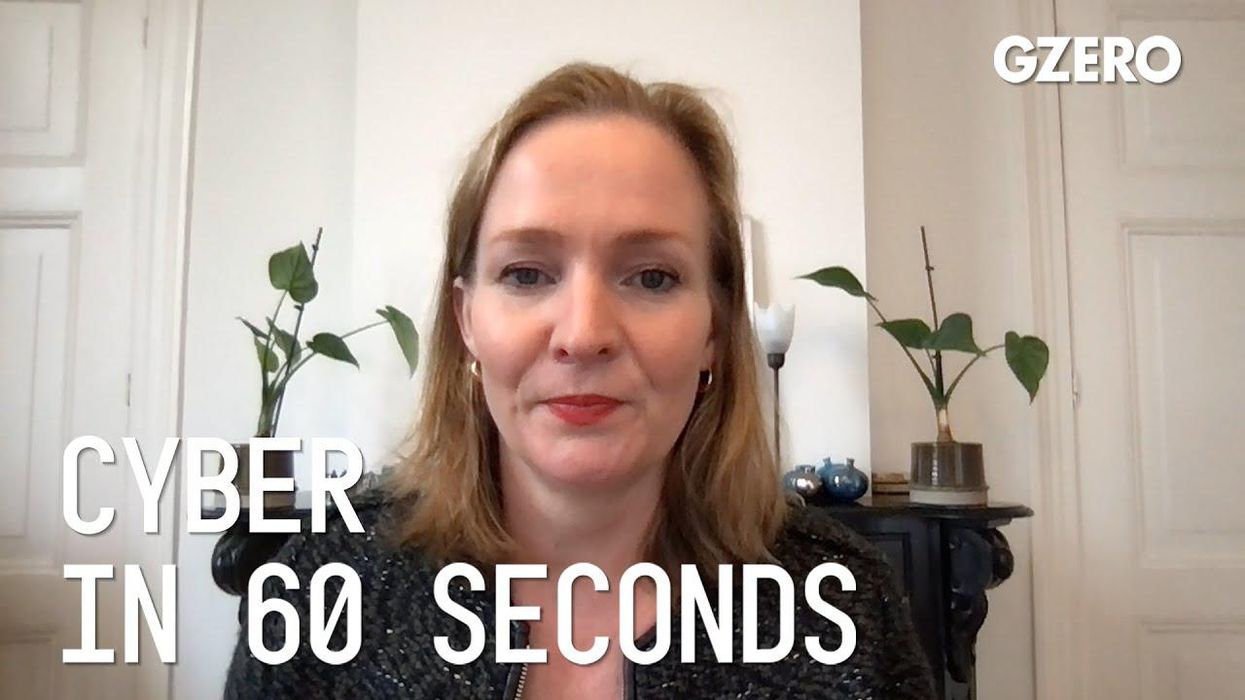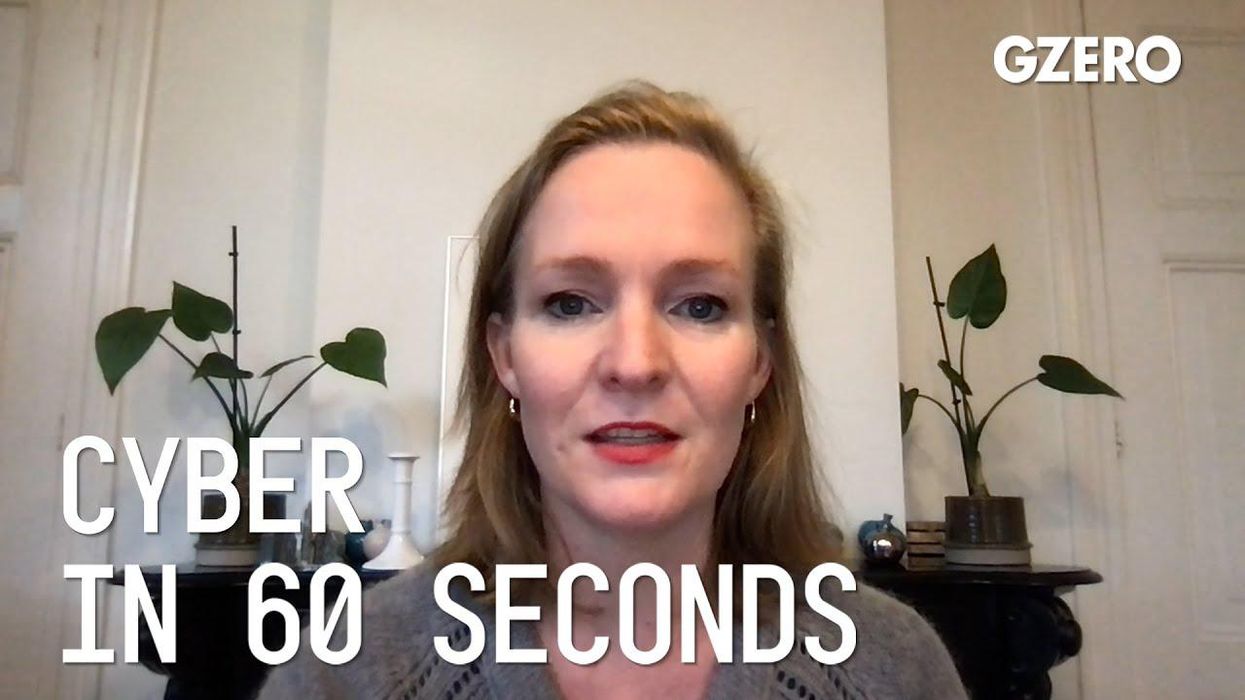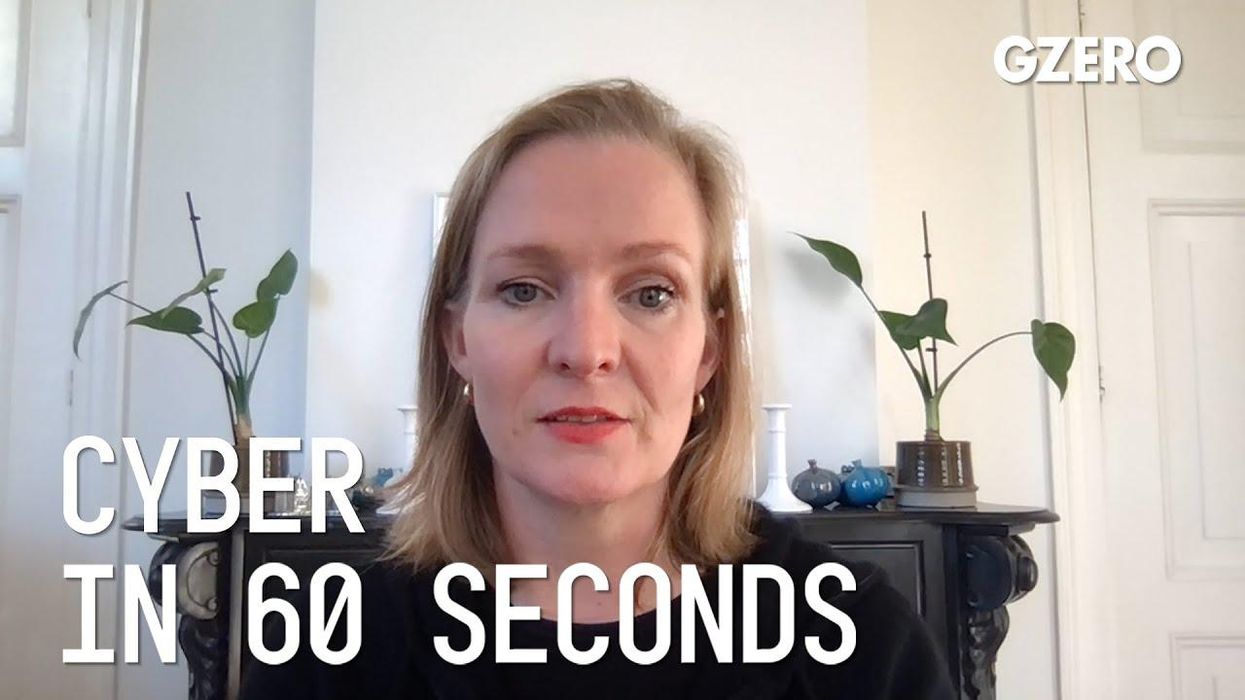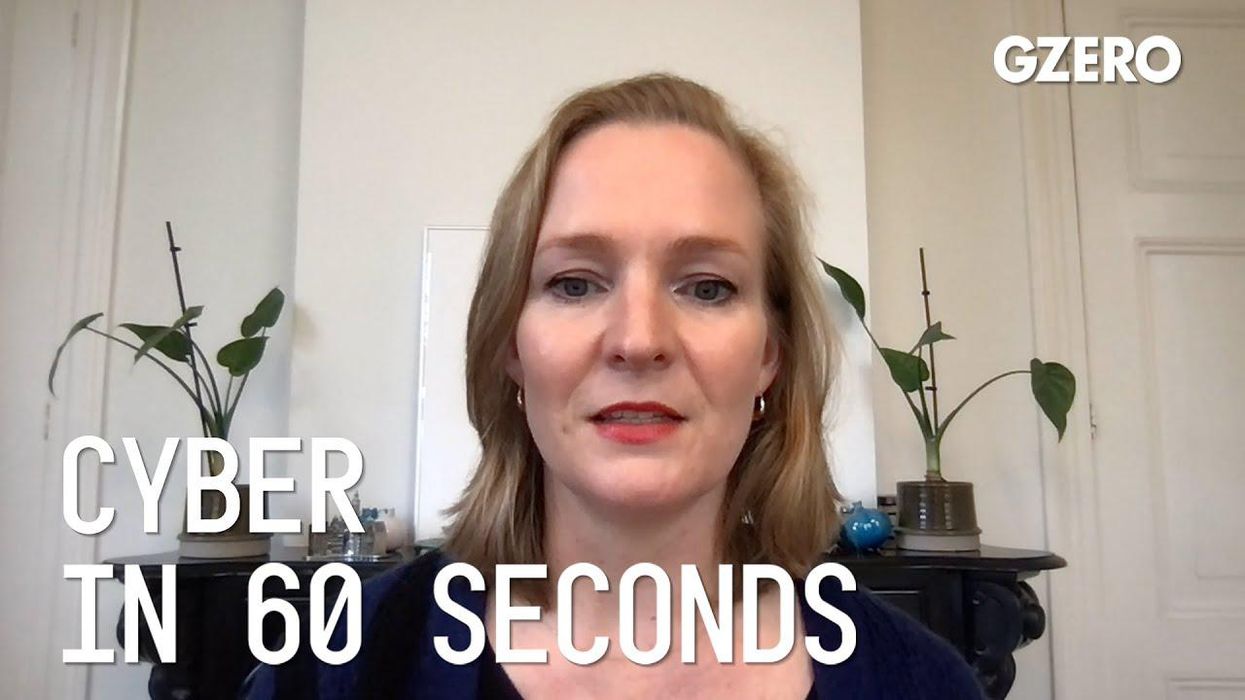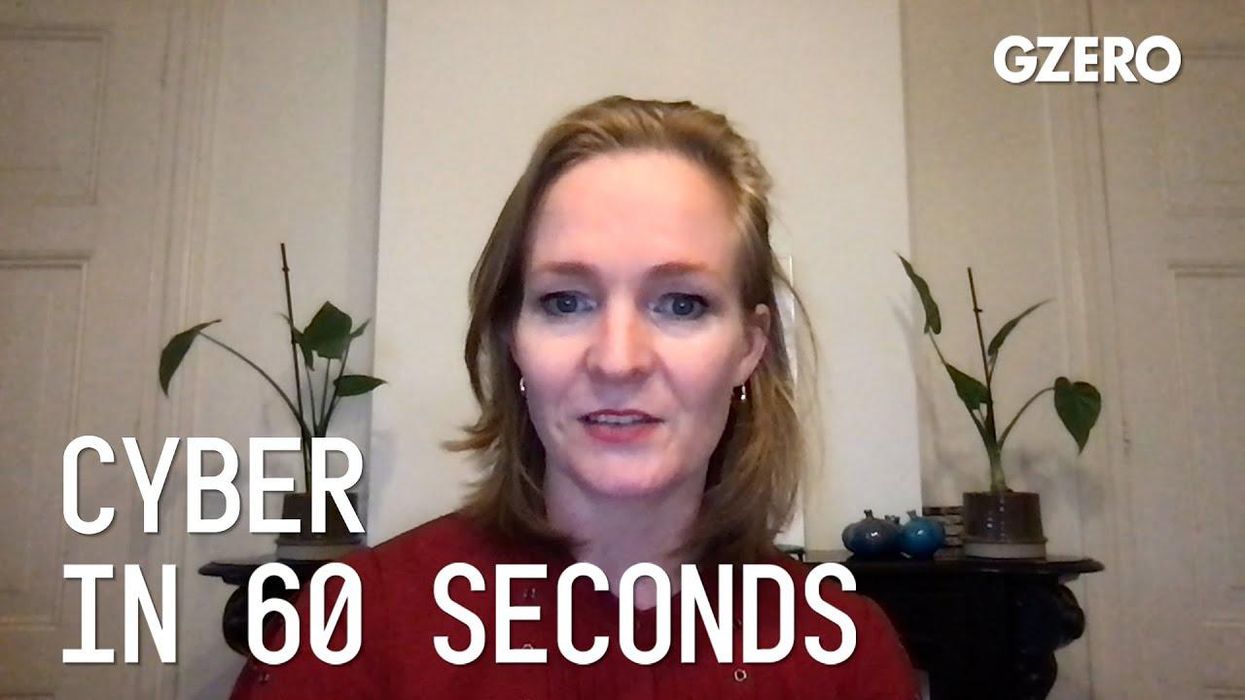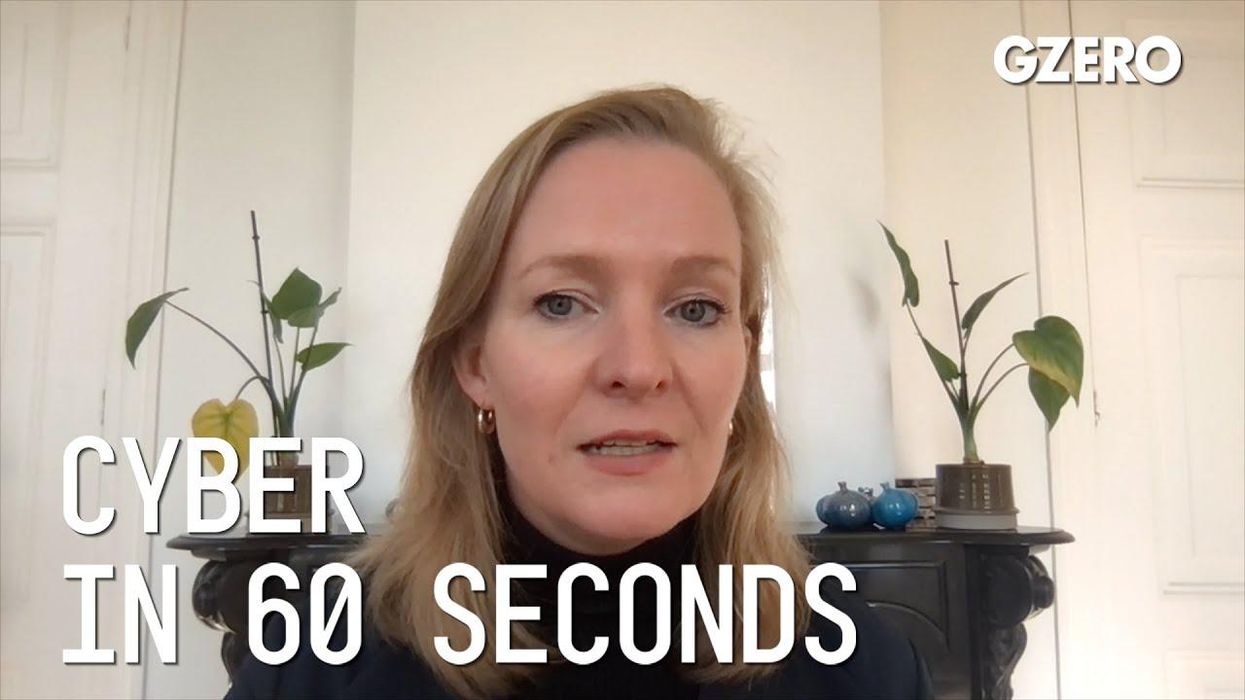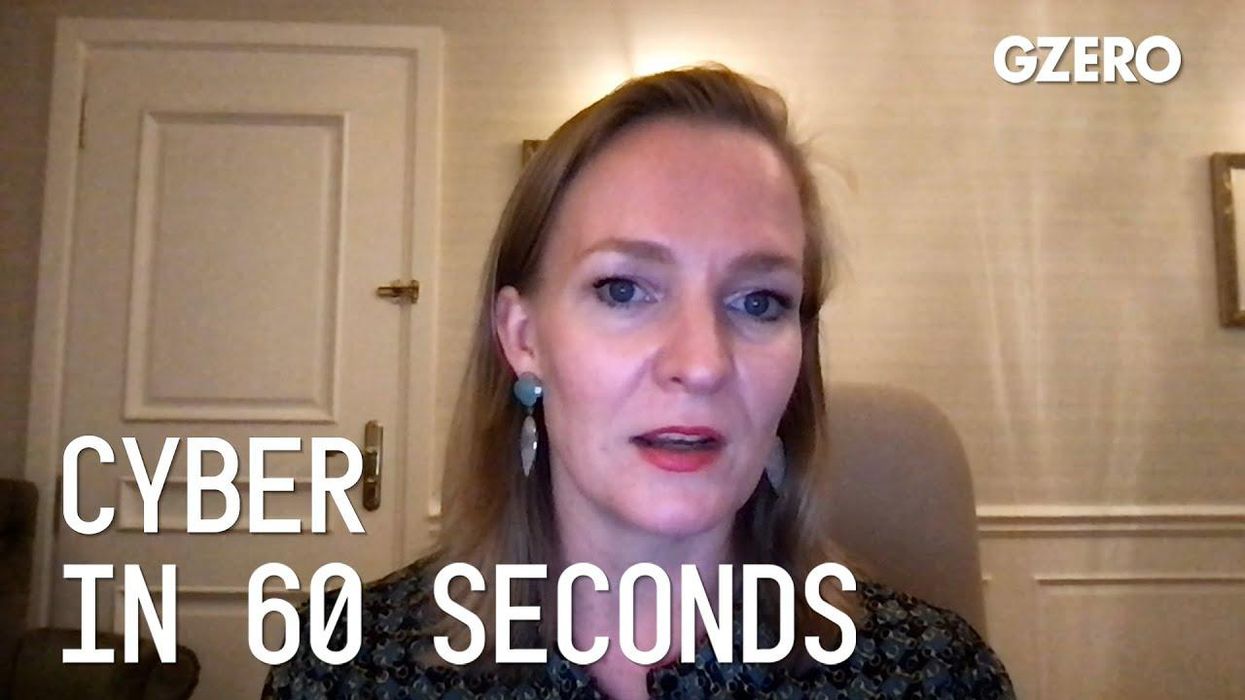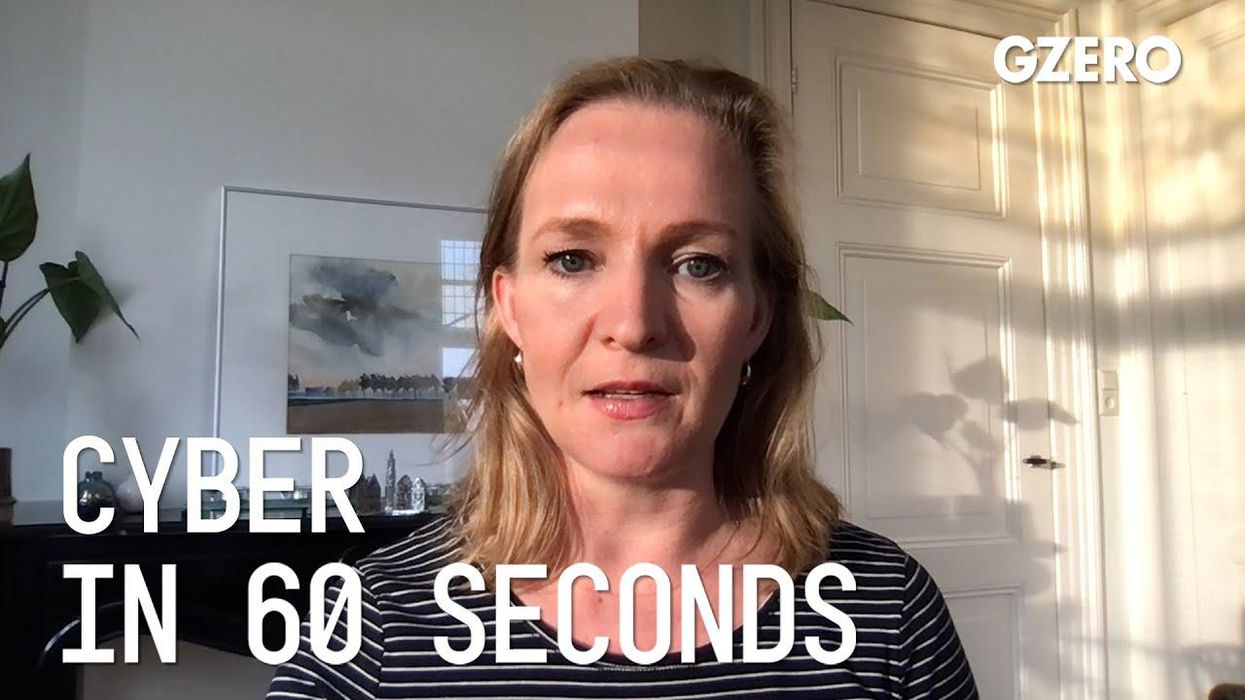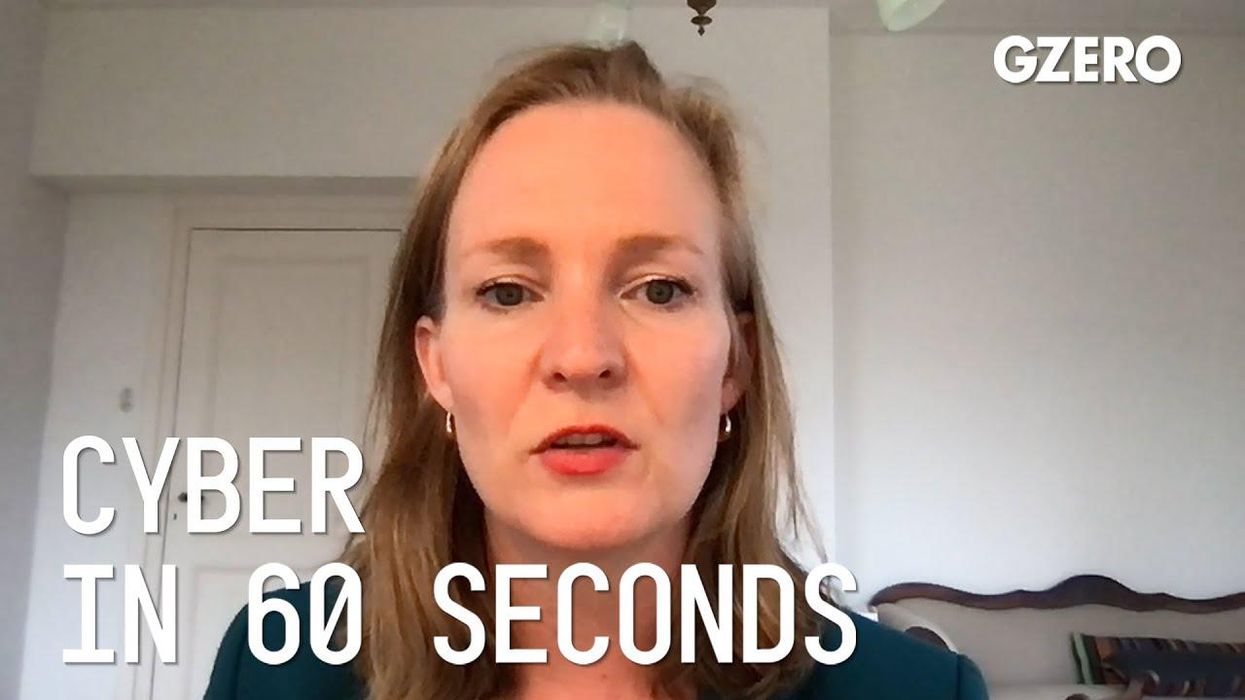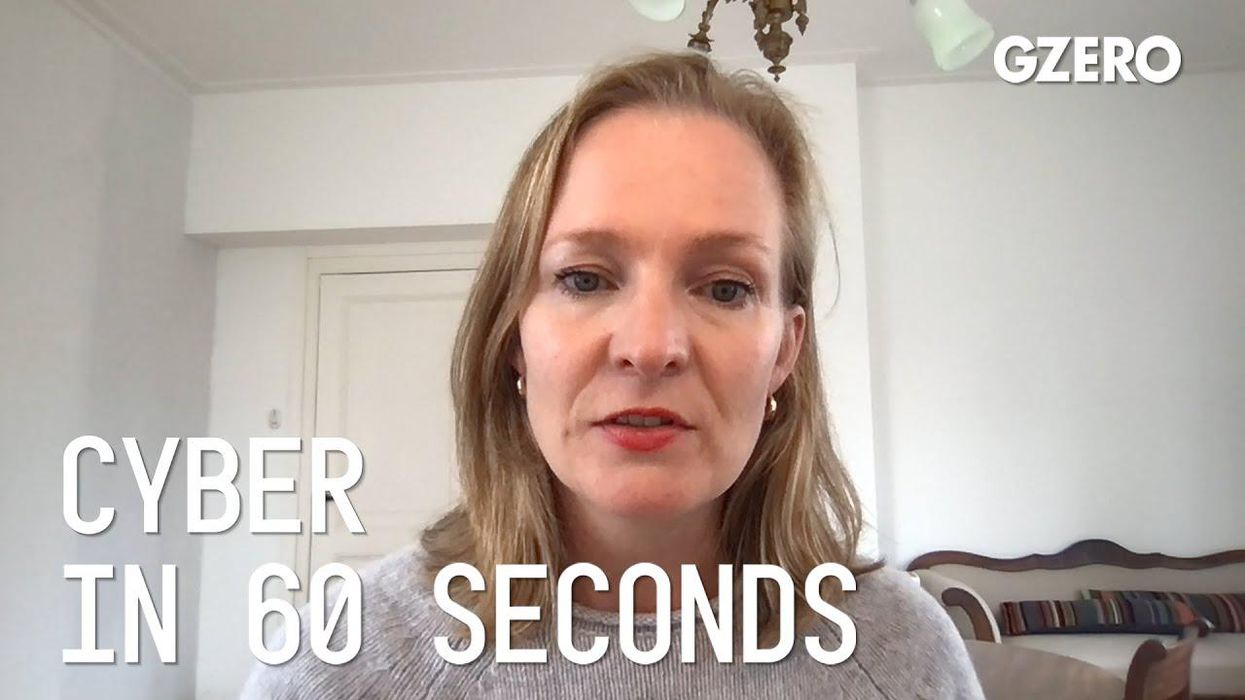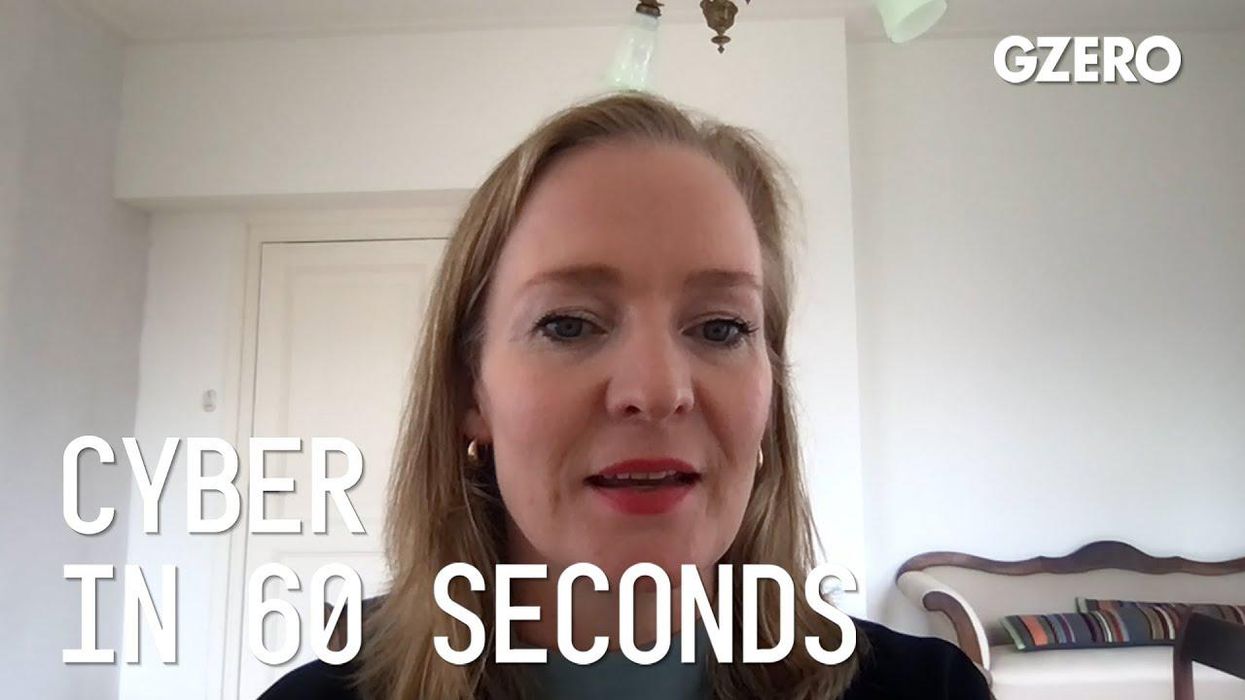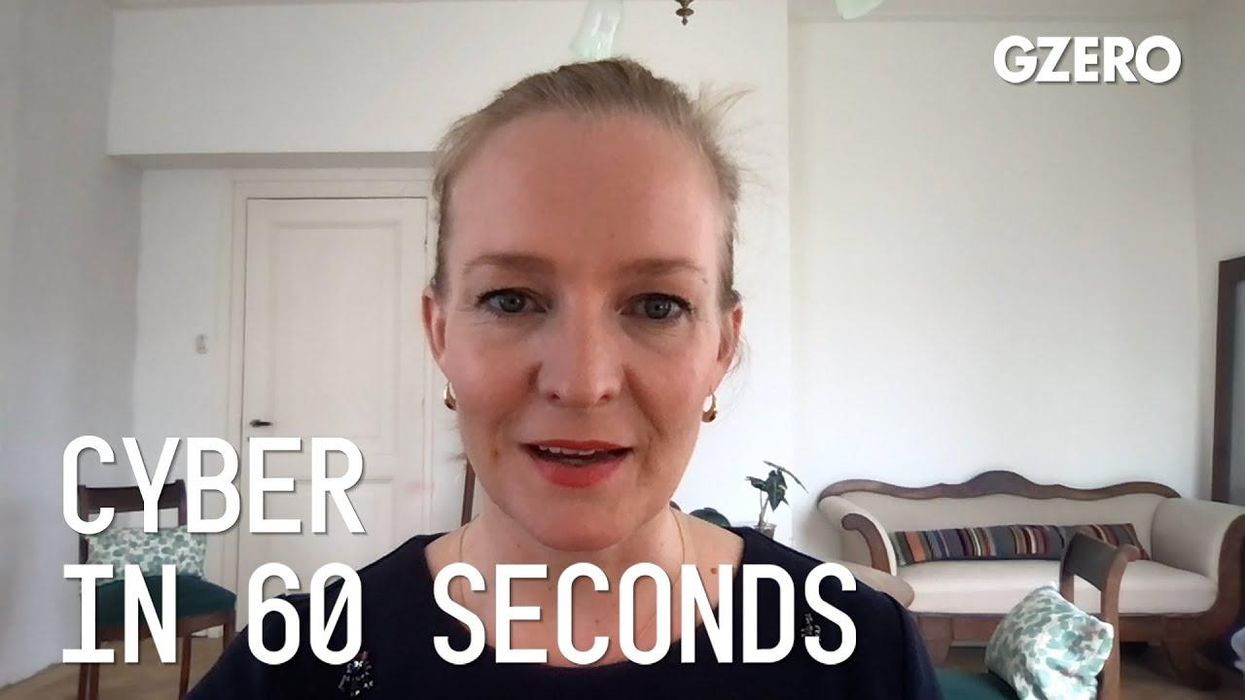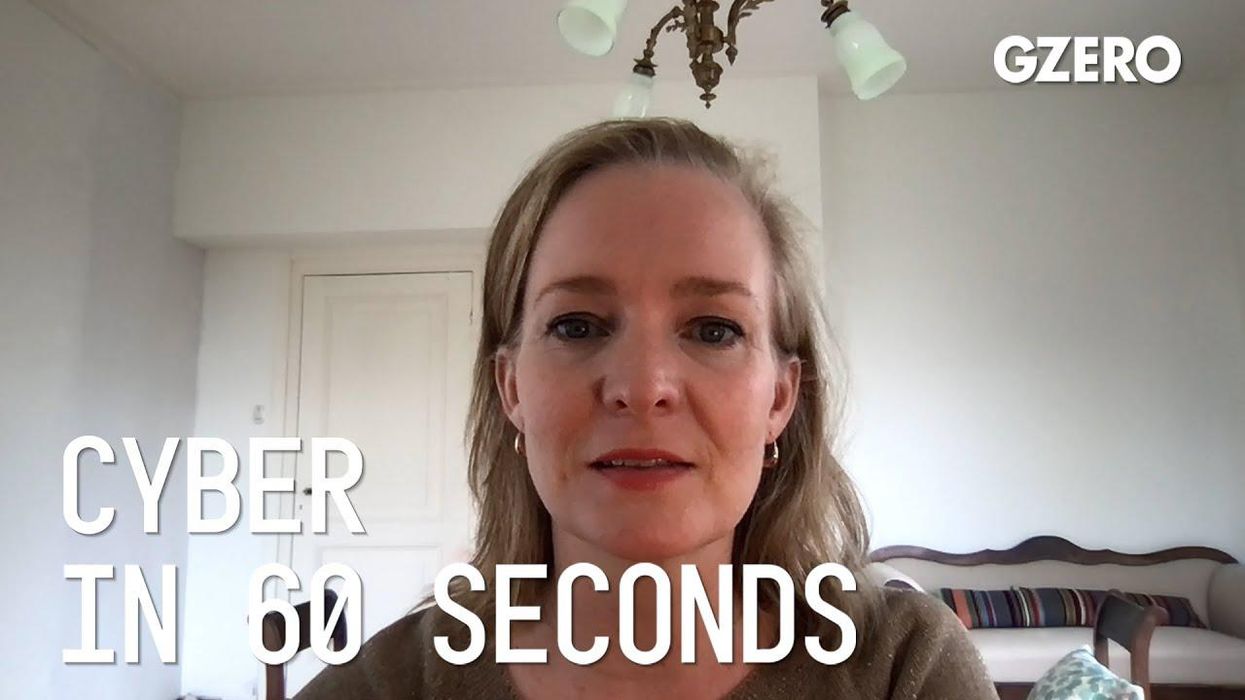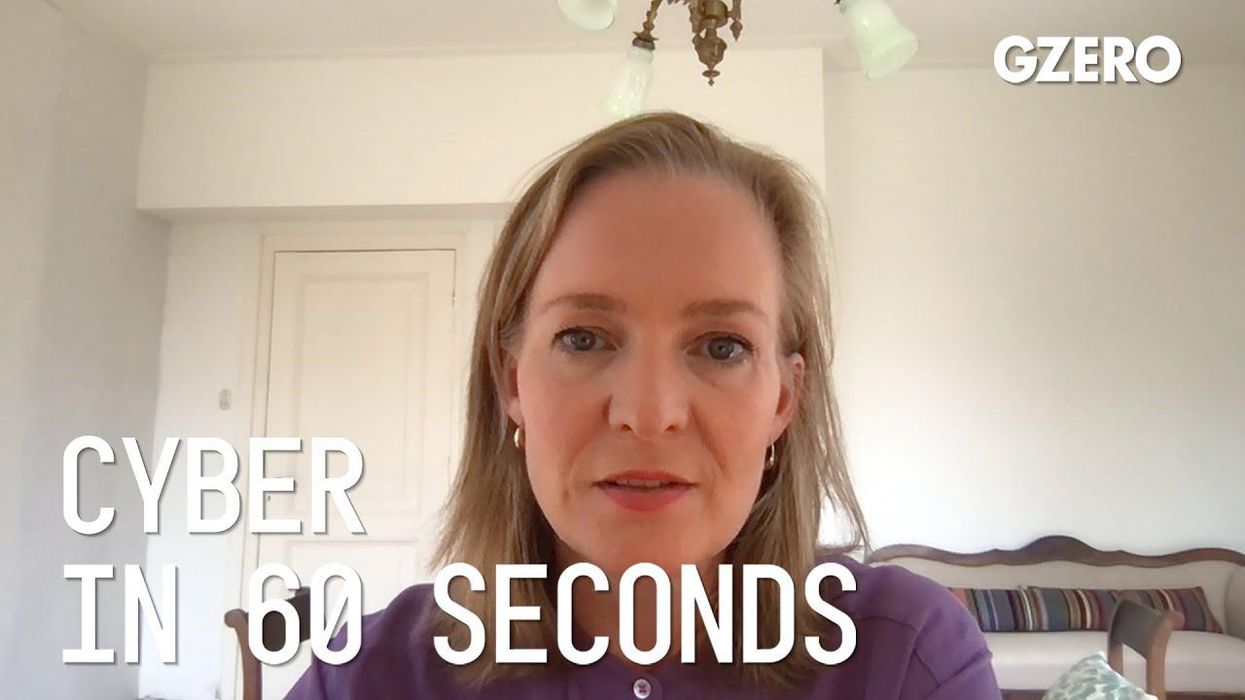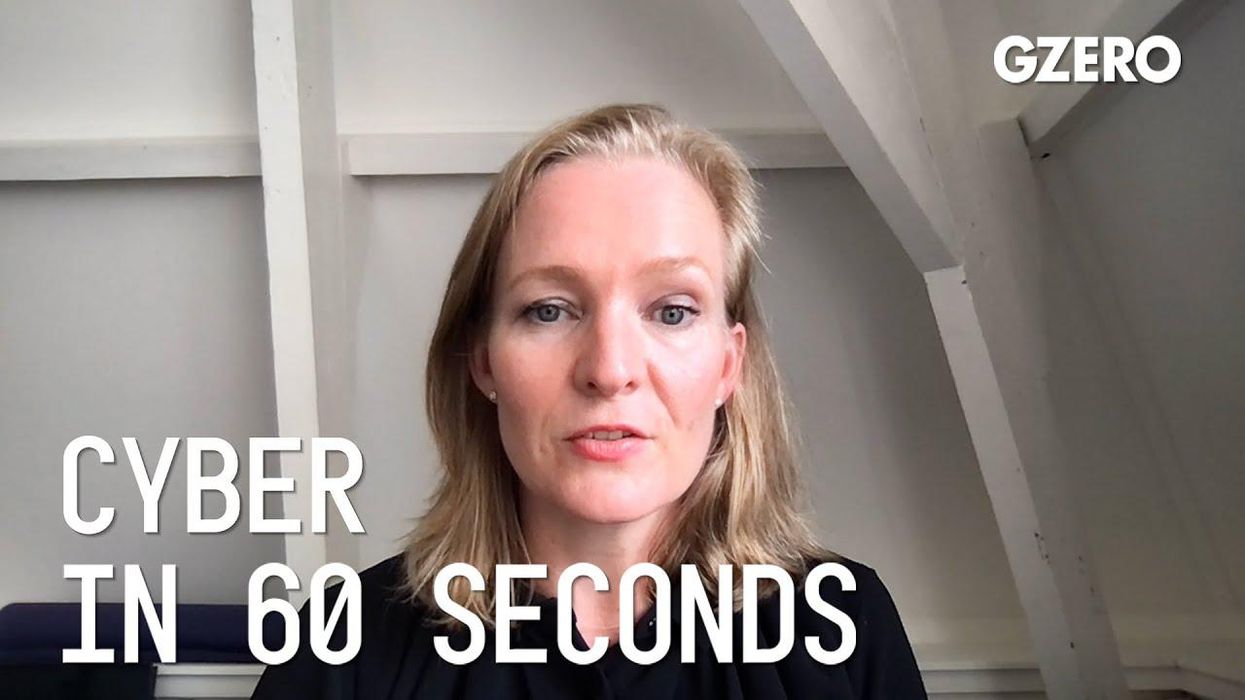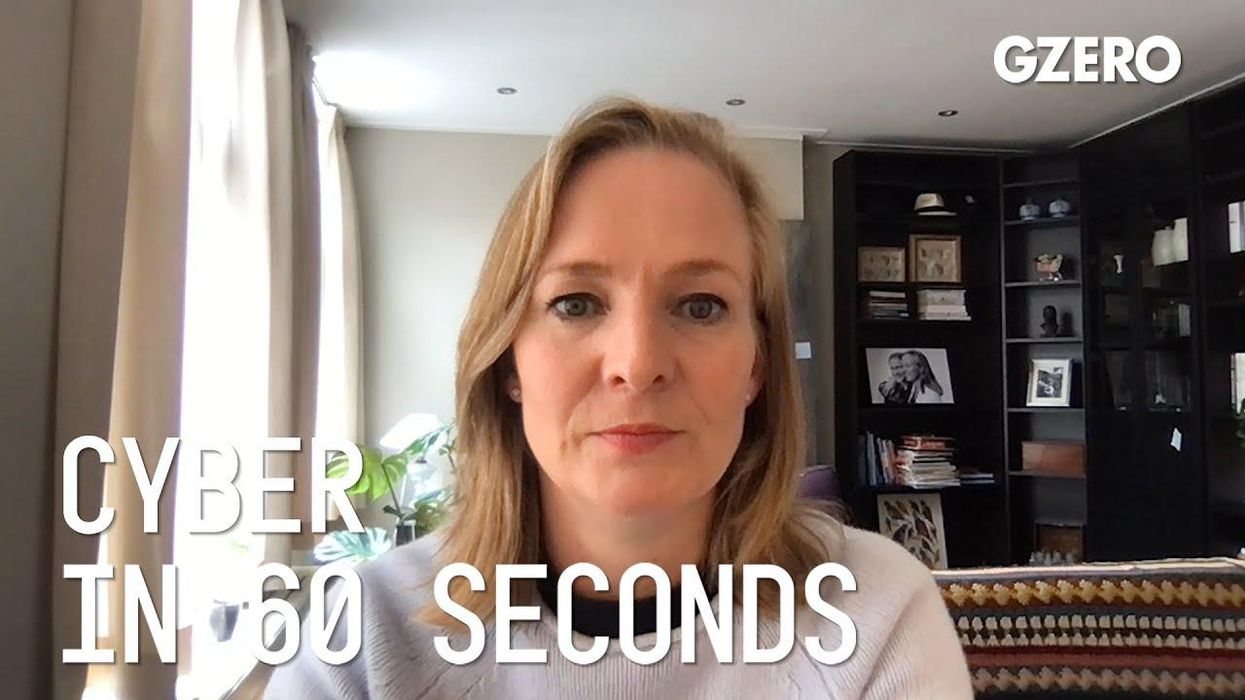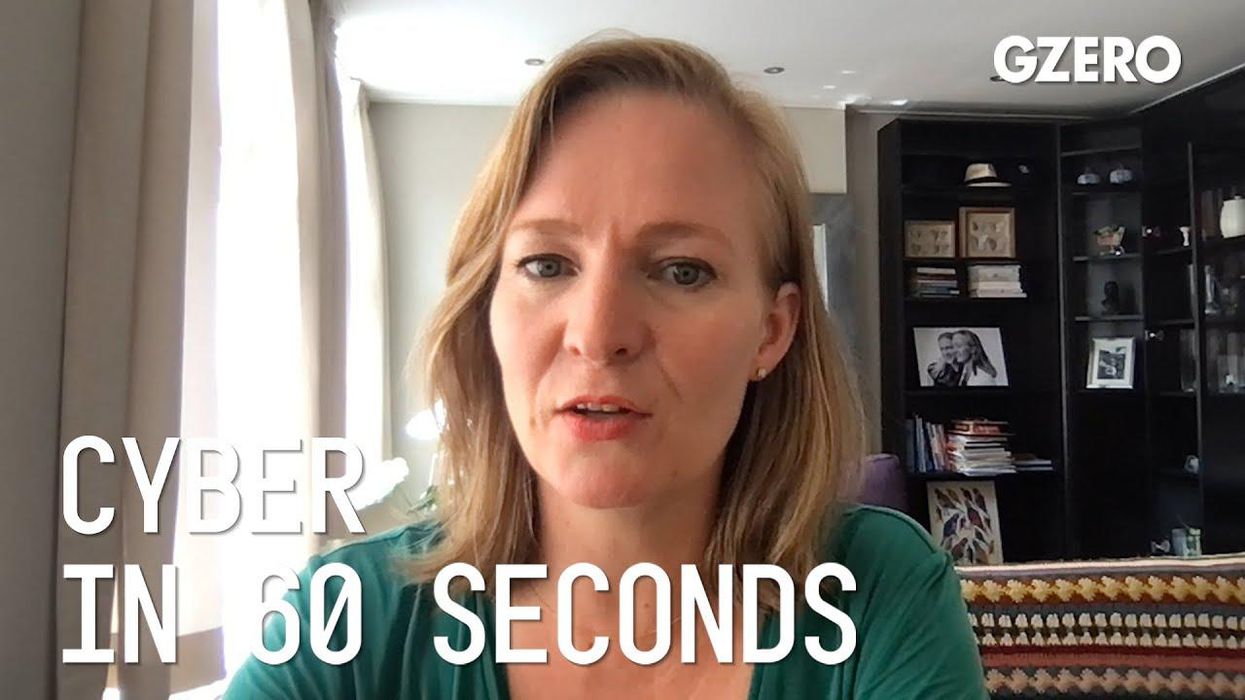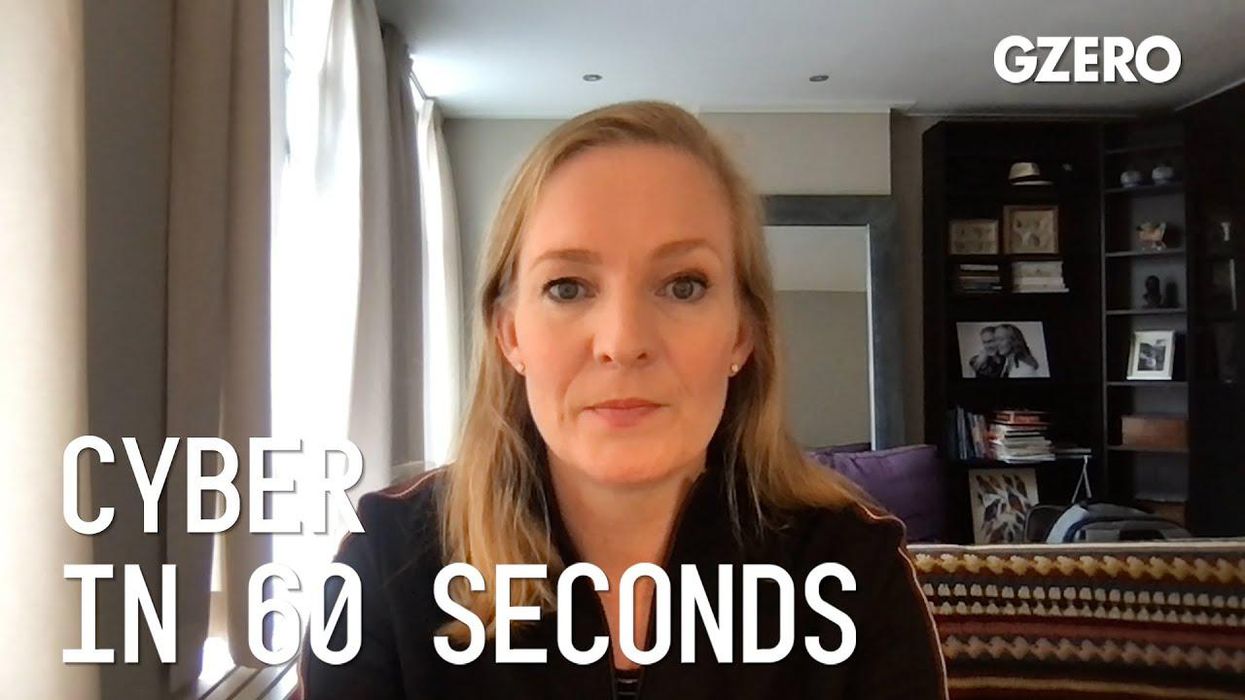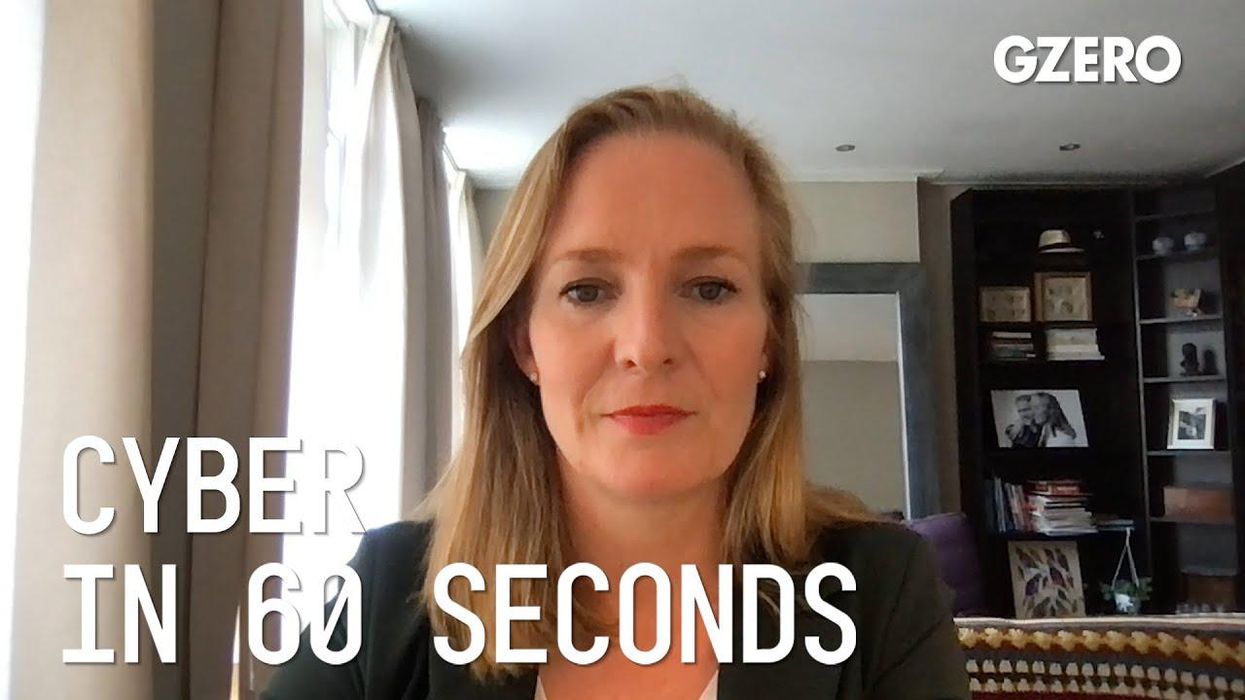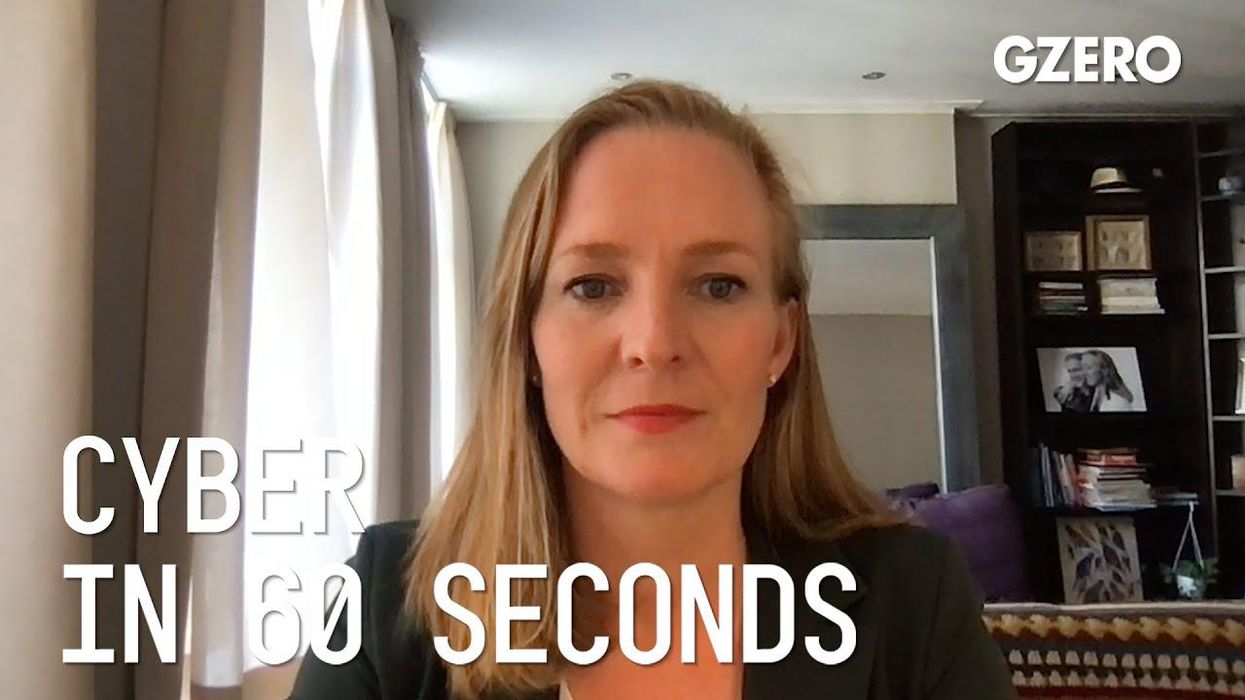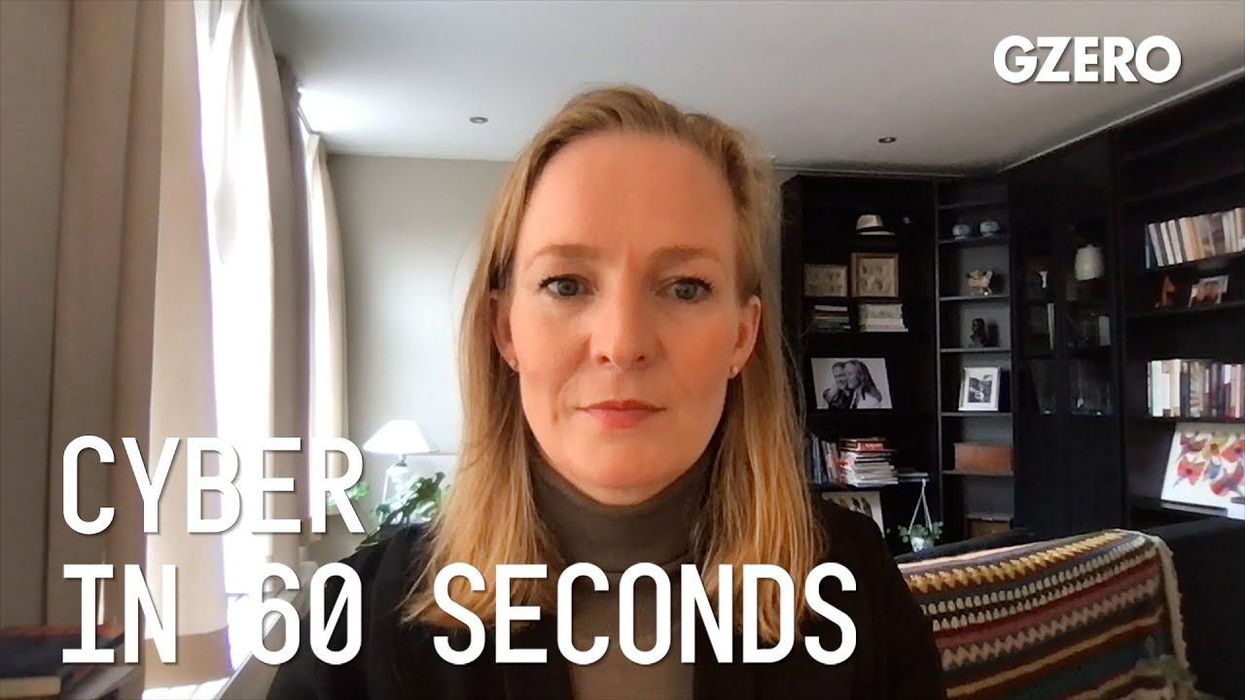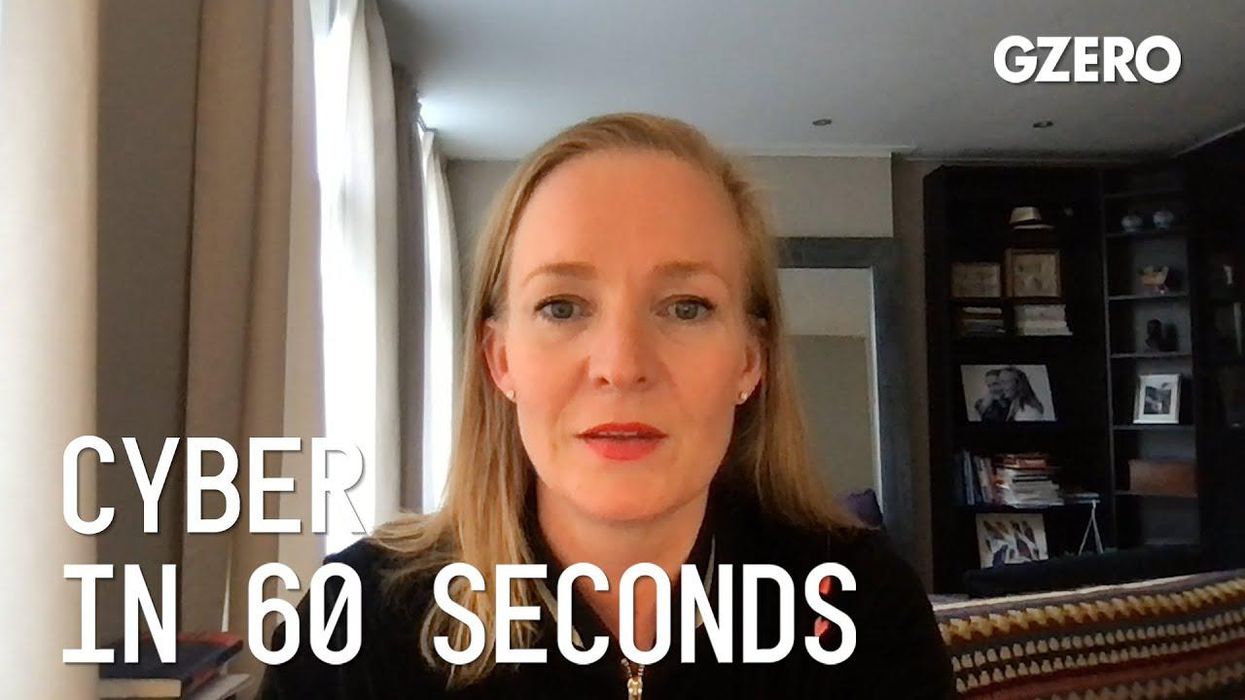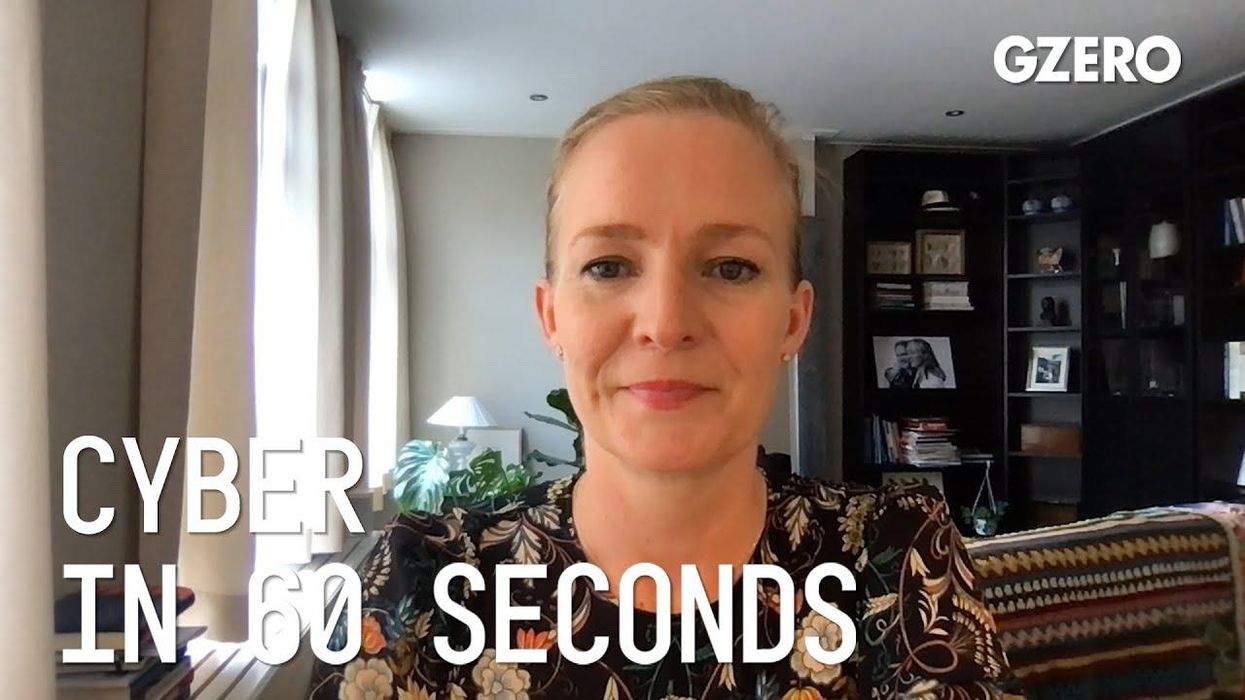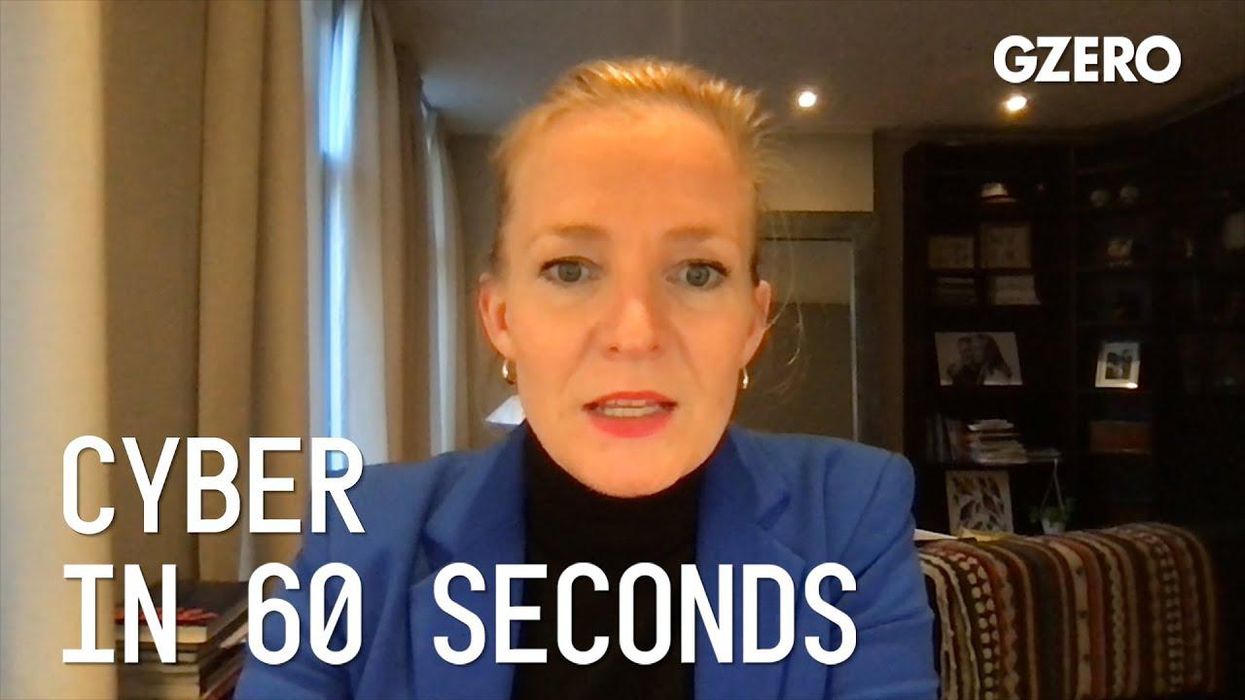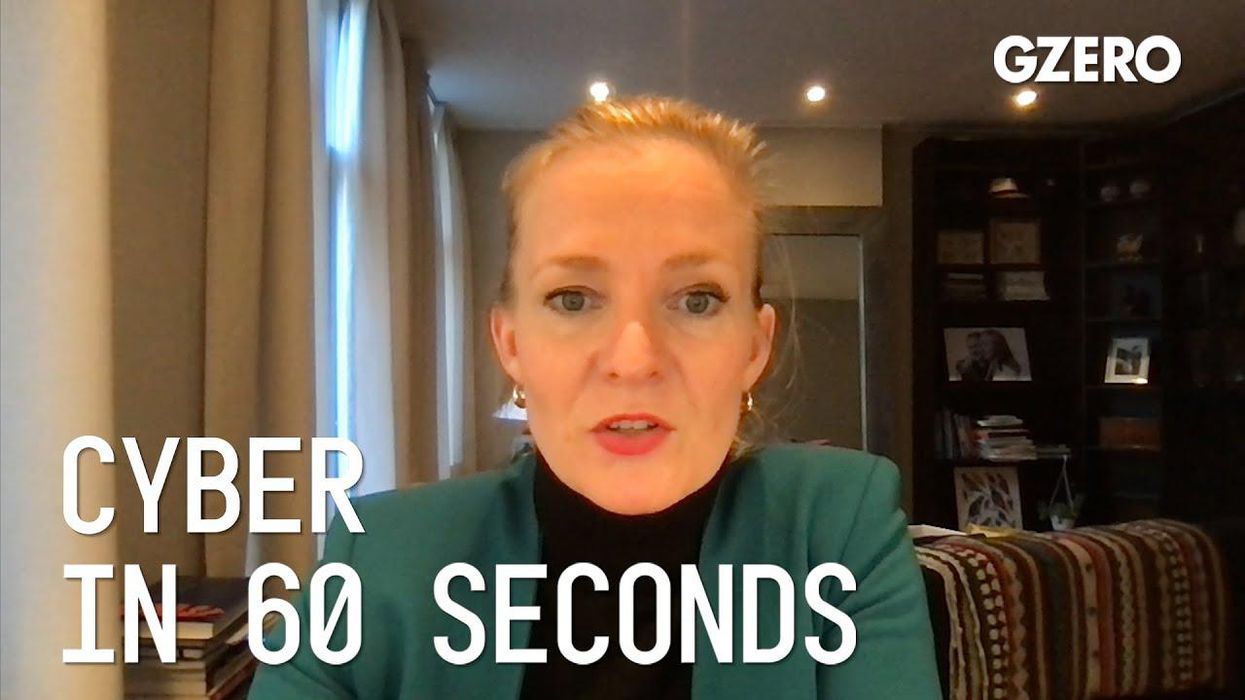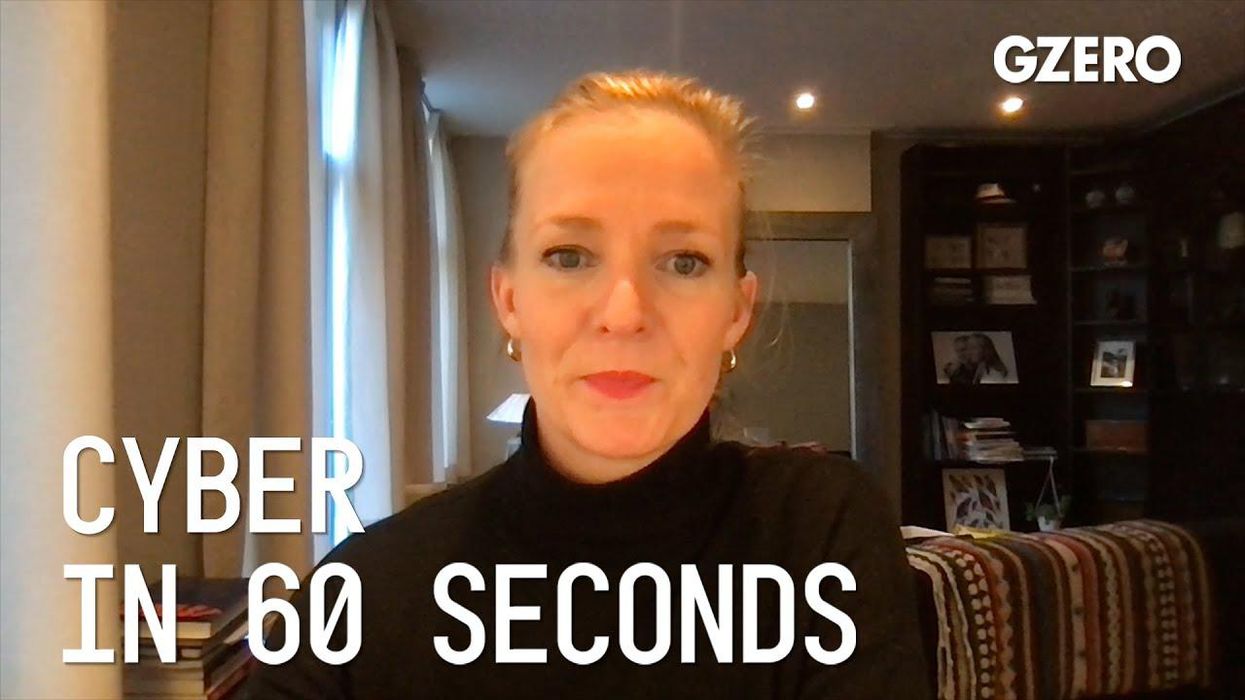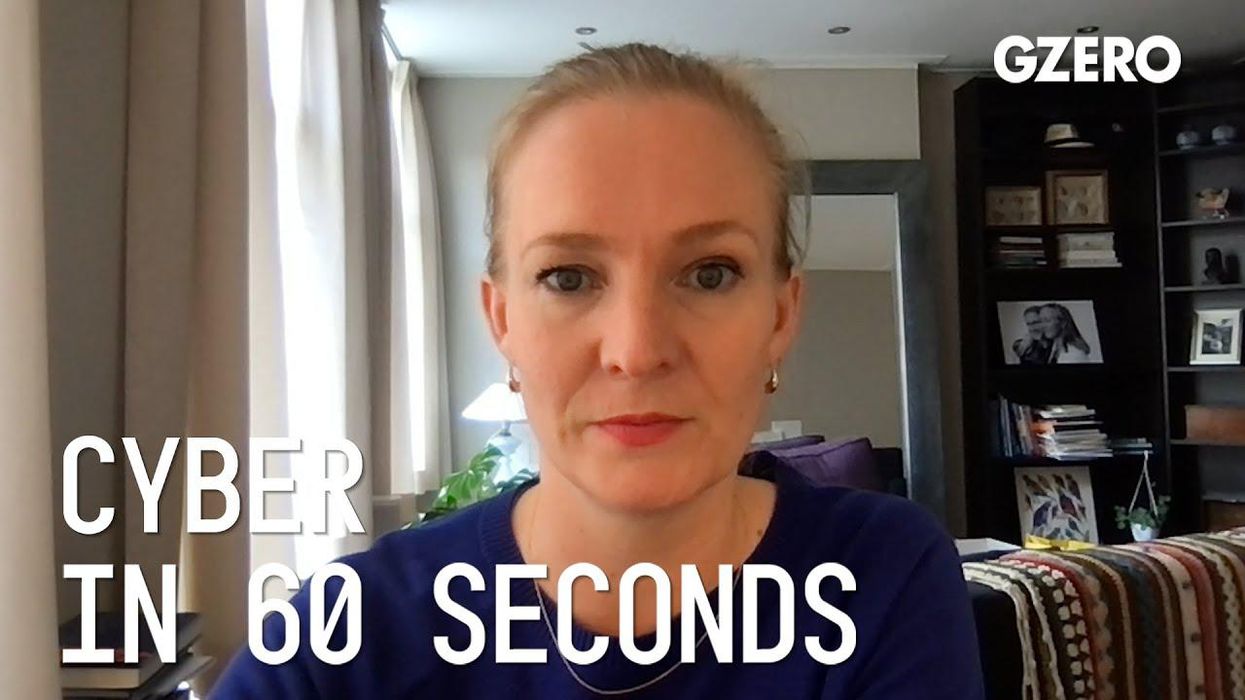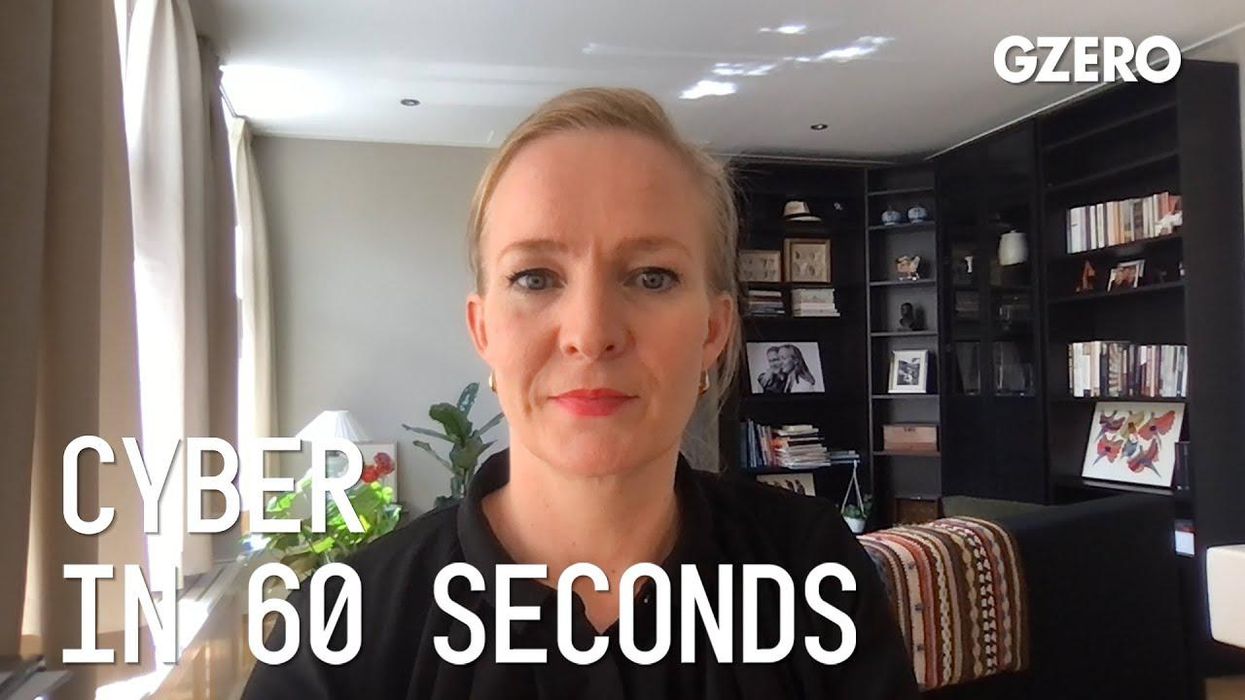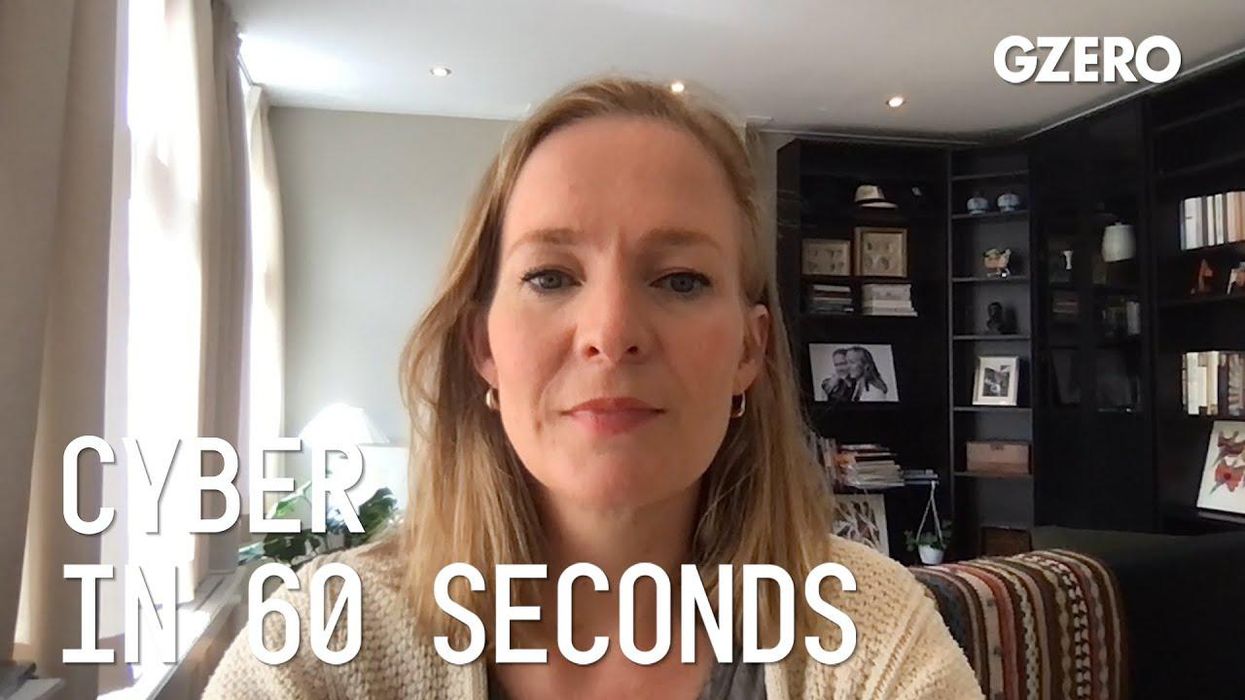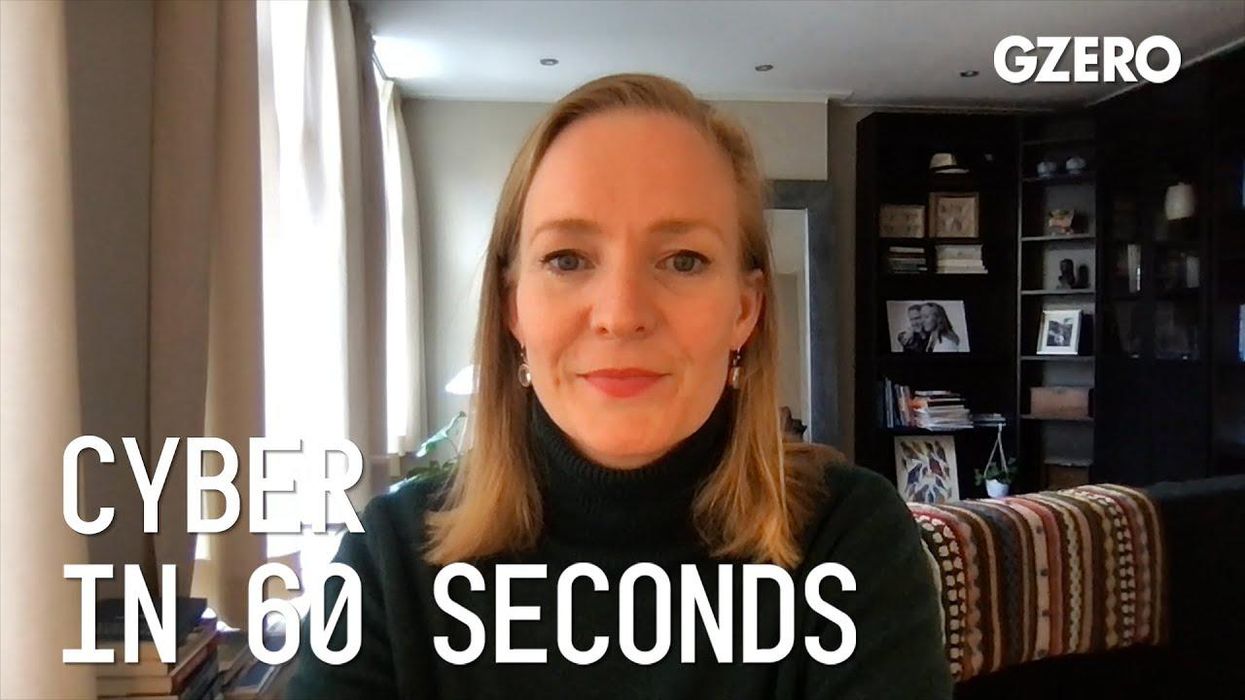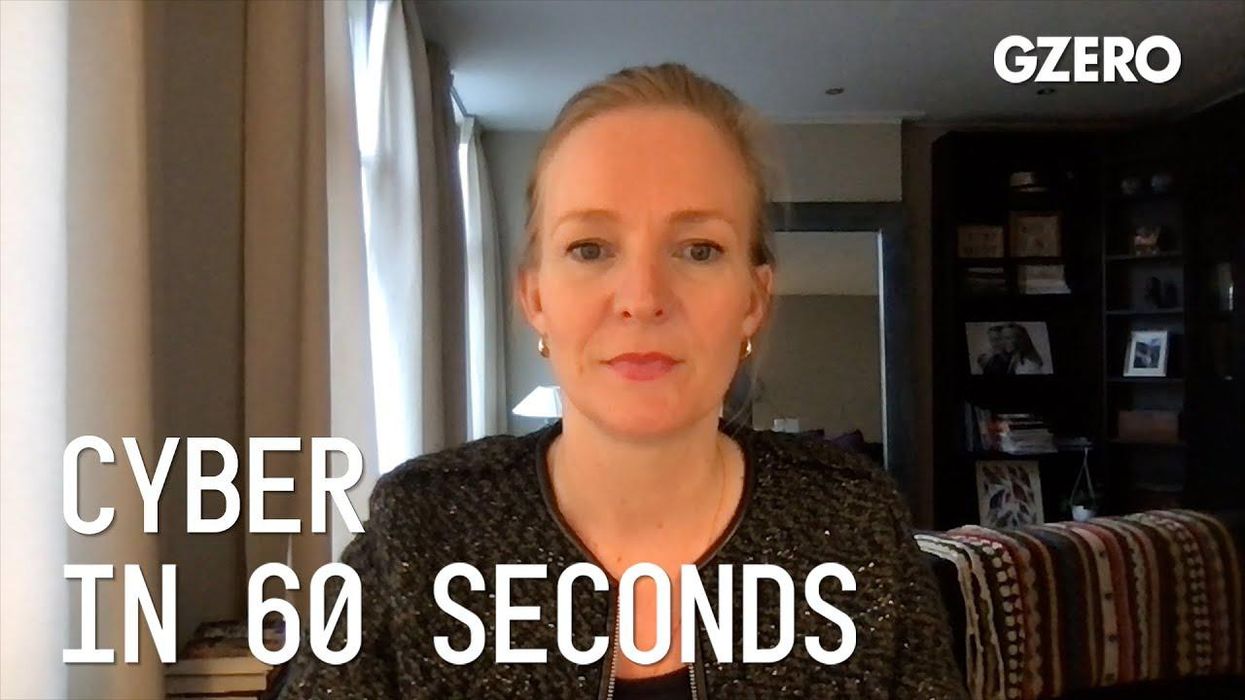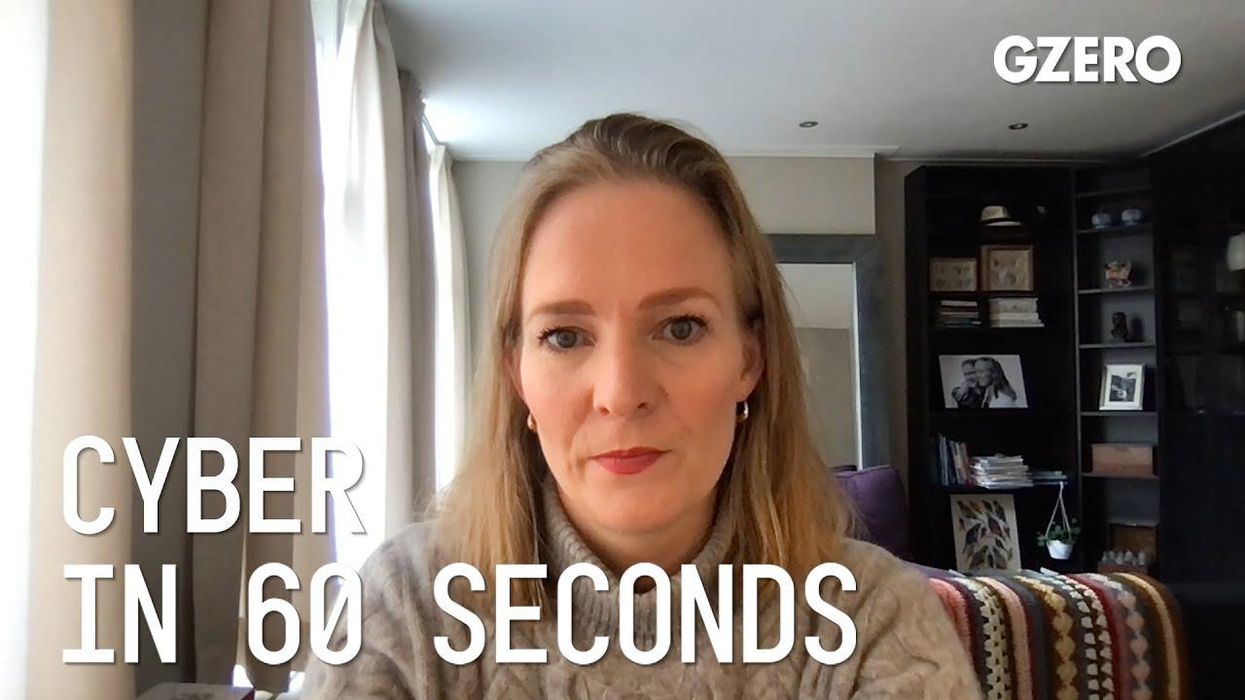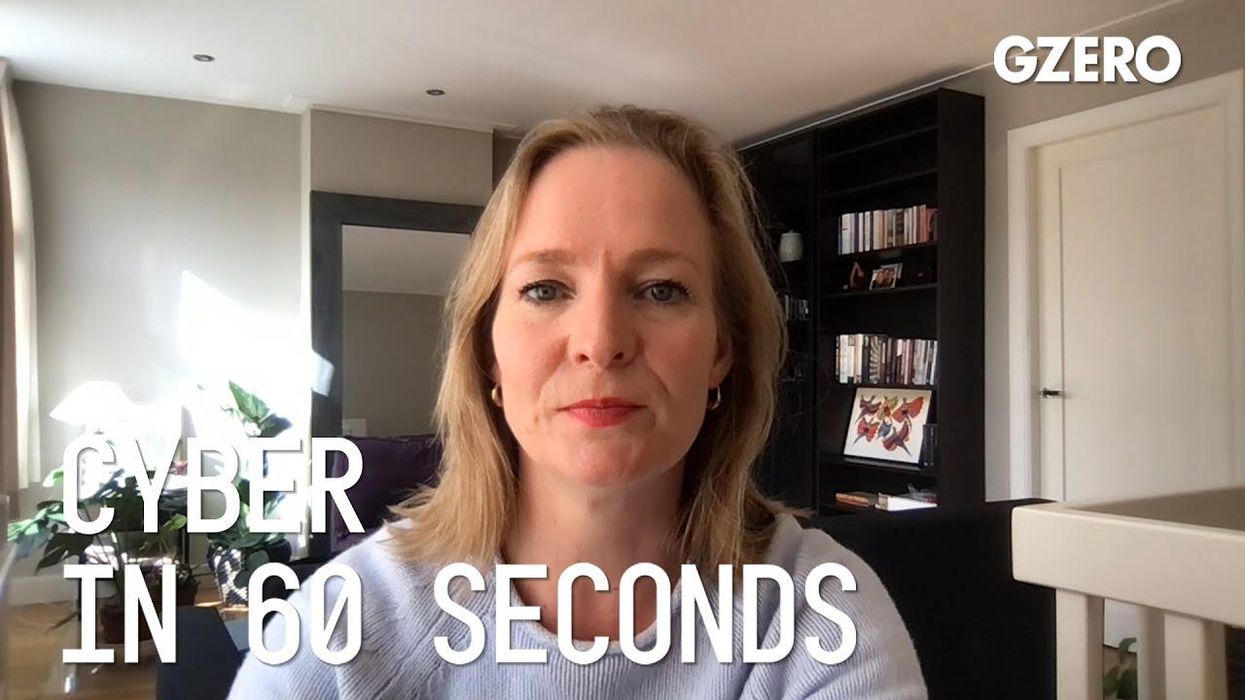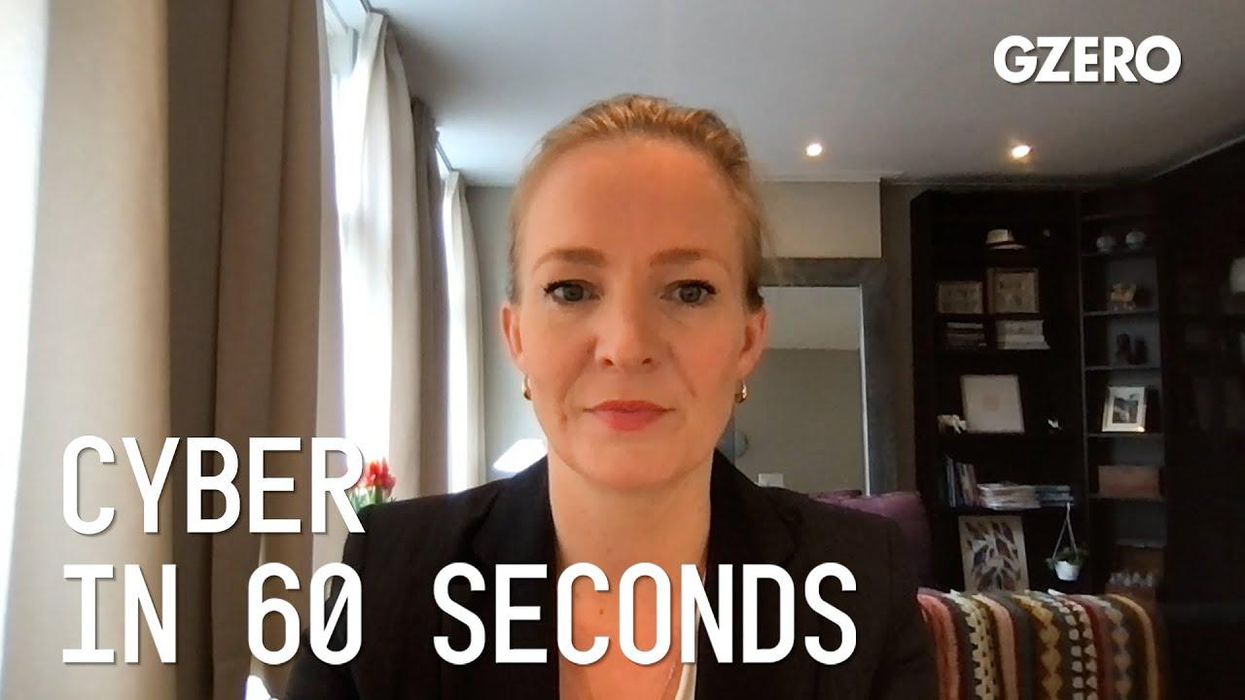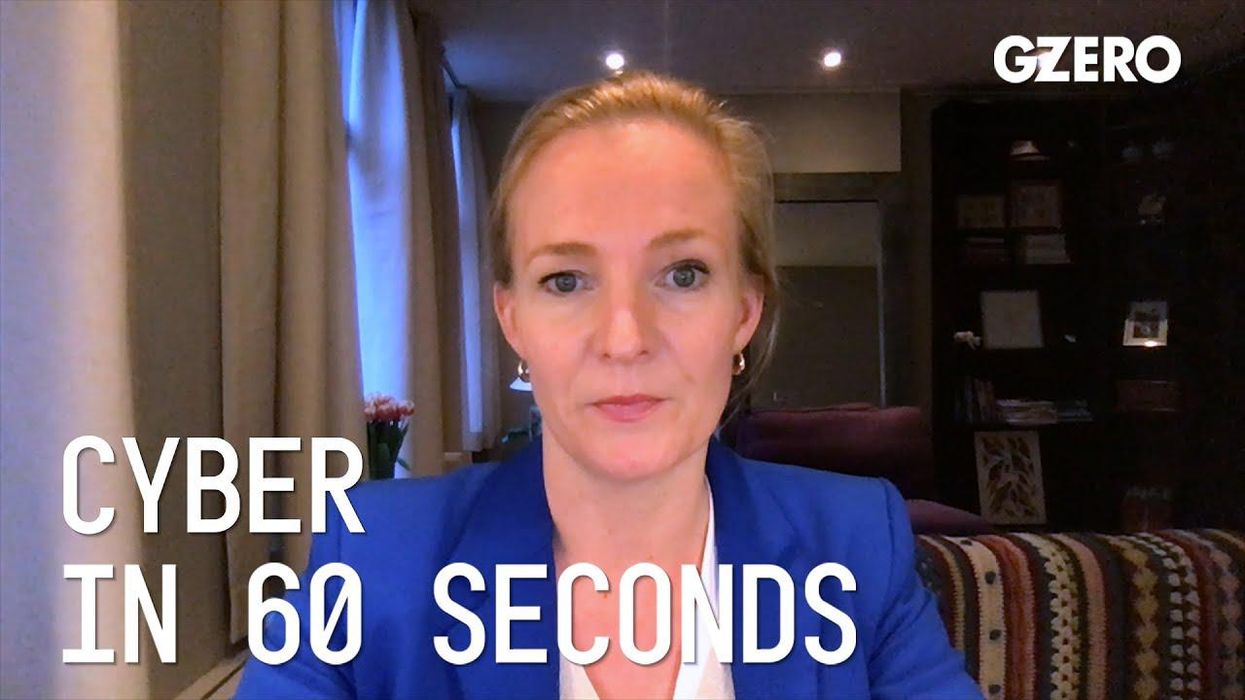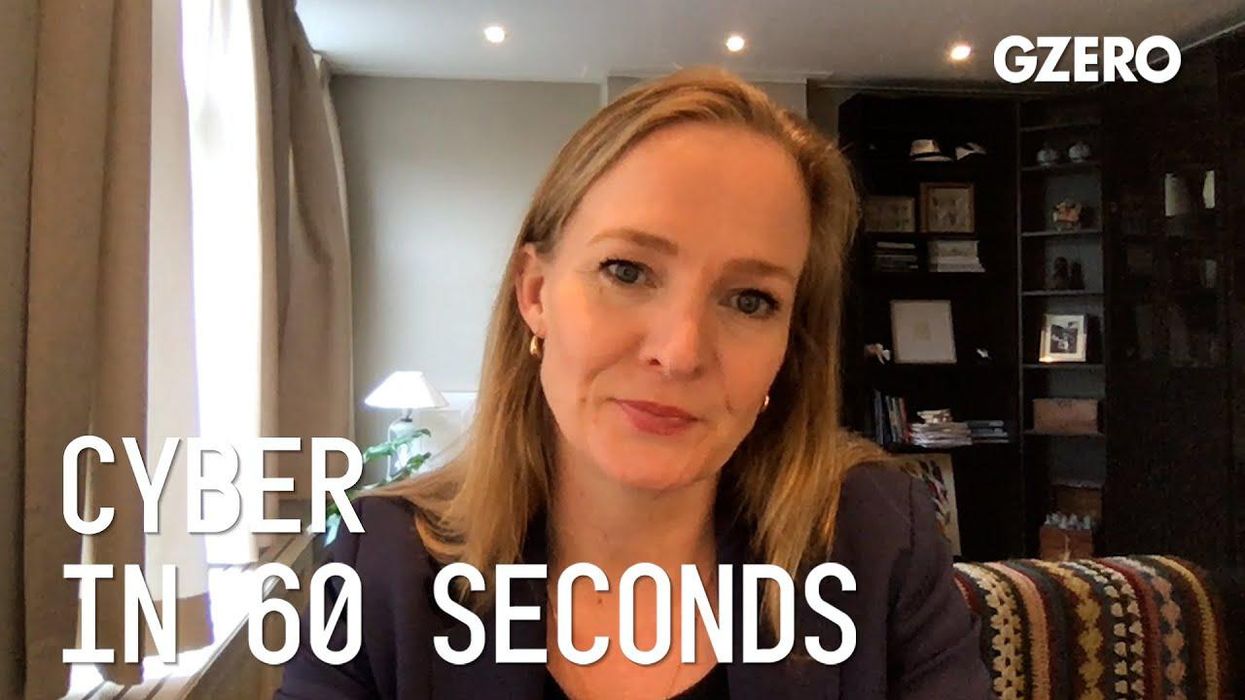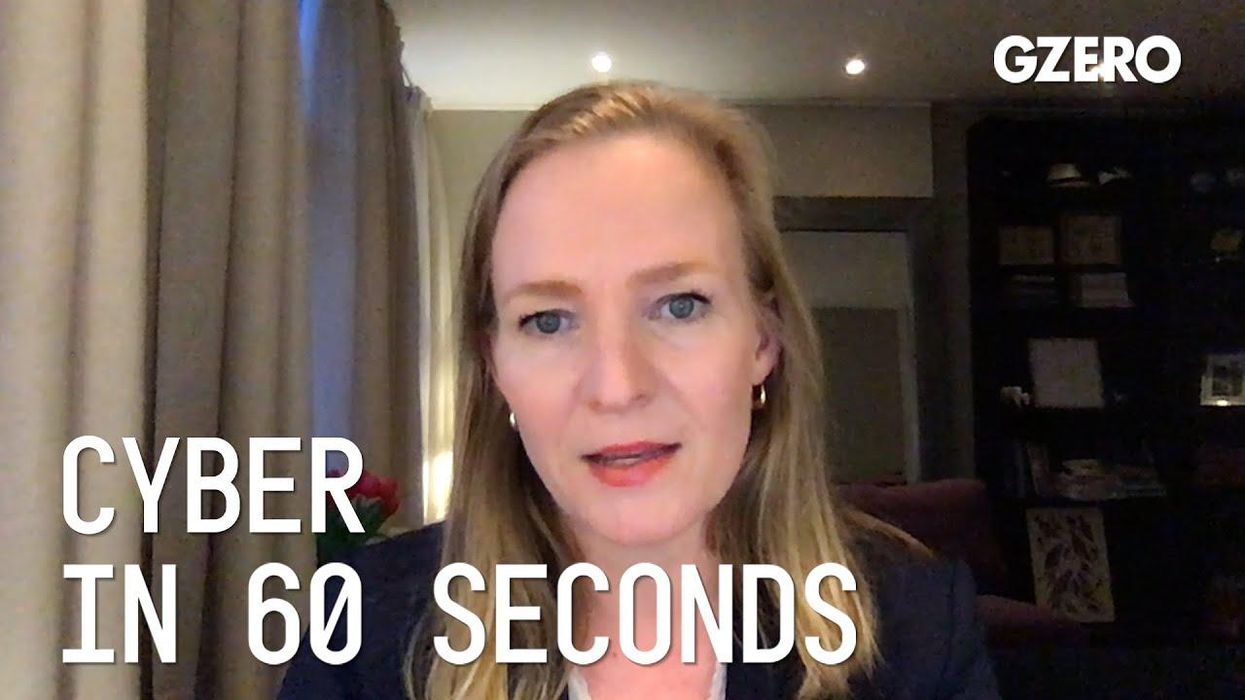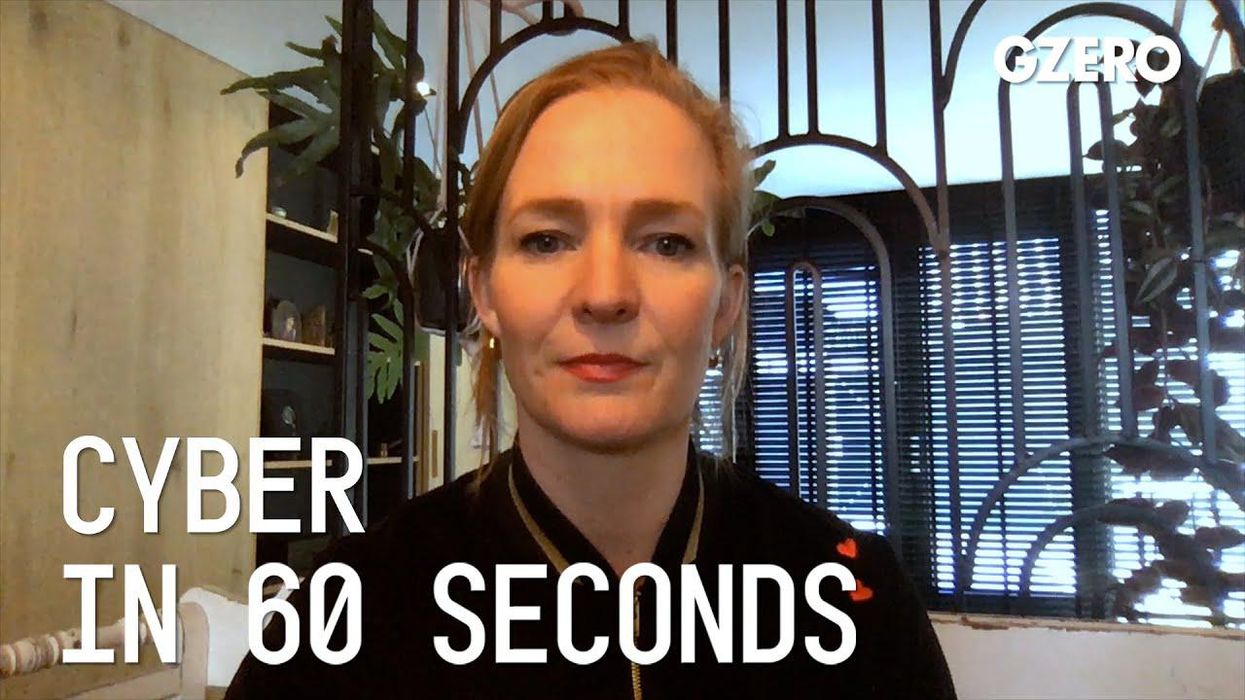VIDEOSGZERO World with Ian BremmerQuick TakePUPPET REGIMEIan ExplainsGZERO ReportsAsk IanGlobal Stage
Site Navigation
Search
Human content,
AI powered search.
Latest Stories
Start your day right!
Get latest updates and insights delivered to your inbox.
Top Risks of 2026 LIVE at 12pm ET
WATCH
Cyber in 60 Seconds
Presented by
Marietje Schaake, International Policy Director at Stanford's Cyber Policy Center, Eurasia Group senior advisor and former MEP, discusses trends in big tech, privacy protection and cyberspace:
Why is misinformation about the COVID-19 test spreading so fast across social media platforms?
One underlying reason is that the US has been so reluctant to hold tech companies to account at all. There are understandable sensitivities about online speech, and the First Amendment gives tech companies a lot of room to say that they simply don't want to censor anyone. Or that they're just platforms, connecting messenger and audience, buyer and seller, without responsibility. But what is missing in these reflections is how other rights or principles can get crushed, public health being an obvious one in the case of the COVID-19 pandemic. Companies so far have taken a hands-off approach. They've not been reigned in by lawmakers. And some very cynical actors are happy to profit off the pandemic or to spread conspiracy theories. Sadly, they are having a field day.
How does the pandemic itself impact these dynamics?
It's a mix of people spending more time online combined with more uncertainty about the evolving facts and knowledge around the virus, new variants, and the latest recommendations by officials on how to best mitigate risk. They all create the optimal conditions for dis and misinformation about COVID tests, but also other COVID related matters. And I think it's tragic how some people will cynically use a crisis for their own agendas and benefits.
Keep reading...Show less
More from Cyber in 60 Seconds
Watching Russia: cyber threats & disinformation
March 18, 2022
Cyber warfare & disinformation play key role in Russia Ukraine conflict
February 24, 2022
Constant Russian attacks on Ukraine in cyberspace
February 17, 2022
NFTs: Hype, mainstream growth - & implications
February 10, 2022
US pushes back on EU's proposed laws impacting US tech companies
February 04, 2022
Europe and the US can’t agree on how to regulate Big Tech
January 28, 2022
How tech was used to harm democracy on January 6
January 07, 2022
Can political leadership prevent cyberattacks in 2022?
December 30, 2021
Biggest cybersecurity threat to watch in 2022
December 23, 2021
Spyware concerns prompt US Congress to move toward sanctions
December 17, 2021
Biden's Summit for Democracy gets slow start on tech concerns
December 10, 2021
EU's proposed DSA and DMA laws would broadly regulate digital economy
December 03, 2021
Facebook metaverse launch leads other Big Tech firms to focus on AR/VR
November 24, 2021
Amazon satellites and Project Kuiper: next steps in Big Tech space race
November 05, 2021
Russian hackers target US tech companies with little accountability
October 28, 2021
Do cryptocurrencies undermine US sanctions?
October 22, 2021
How will the global corporate tax deal impact tech companies?
October 13, 2021
Facebook's terrible week proves tech policy changes are needed
October 08, 2021
The US and EU further talks on technology governance
October 01, 2021
QUAD supply chain strategy to consider values; new AI-powered weapons
September 22, 2021
Beware perpetual cyberattacks, and protect education data
September 14, 2021
El Salvador’s risky move to Bitcoin; future of Singapore patrol robots
September 10, 2021
Can China limit kids’ video game time? Risks with facial recognition
September 01, 2021
QR codes and the risk to your personal data
July 28, 2021
Cloud computing and US cybersecurity
June 03, 2021
The dangers of deepfakes and the need for norms around trust
March 25, 2021
SolarWinds hack a wake-up call to the tech sector
March 04, 2021
EU & US: democracy frames tech approaches; Australia & Facebook flipflop
February 24, 2021
GZERO Series
GZERO Daily: our free newsletter about global politics
Keep up with what’s going on around the world - and why it matters.
